At the time when our young French players qualify for the worlds, it seemed important to give a glance to all these young players and their parents to talk about their training. And who better than Nito Brea. In his book entitled "sentido común" (common sense) he approaches this phase of learning ... which is to be taken with care.
Planning the training of the youngest today will be useful for their future performance. You have to realize that most high level athletes, especially in racket sports, like the padel, requires a certain technique. We will often find players who are the sons or daughters of padel, who will have learned the best possible technique from an early age. This technique, if it is easy to inculcate in young people, is much less so for older players, hence the importance of focusing on technique in “baby” schools. padel.
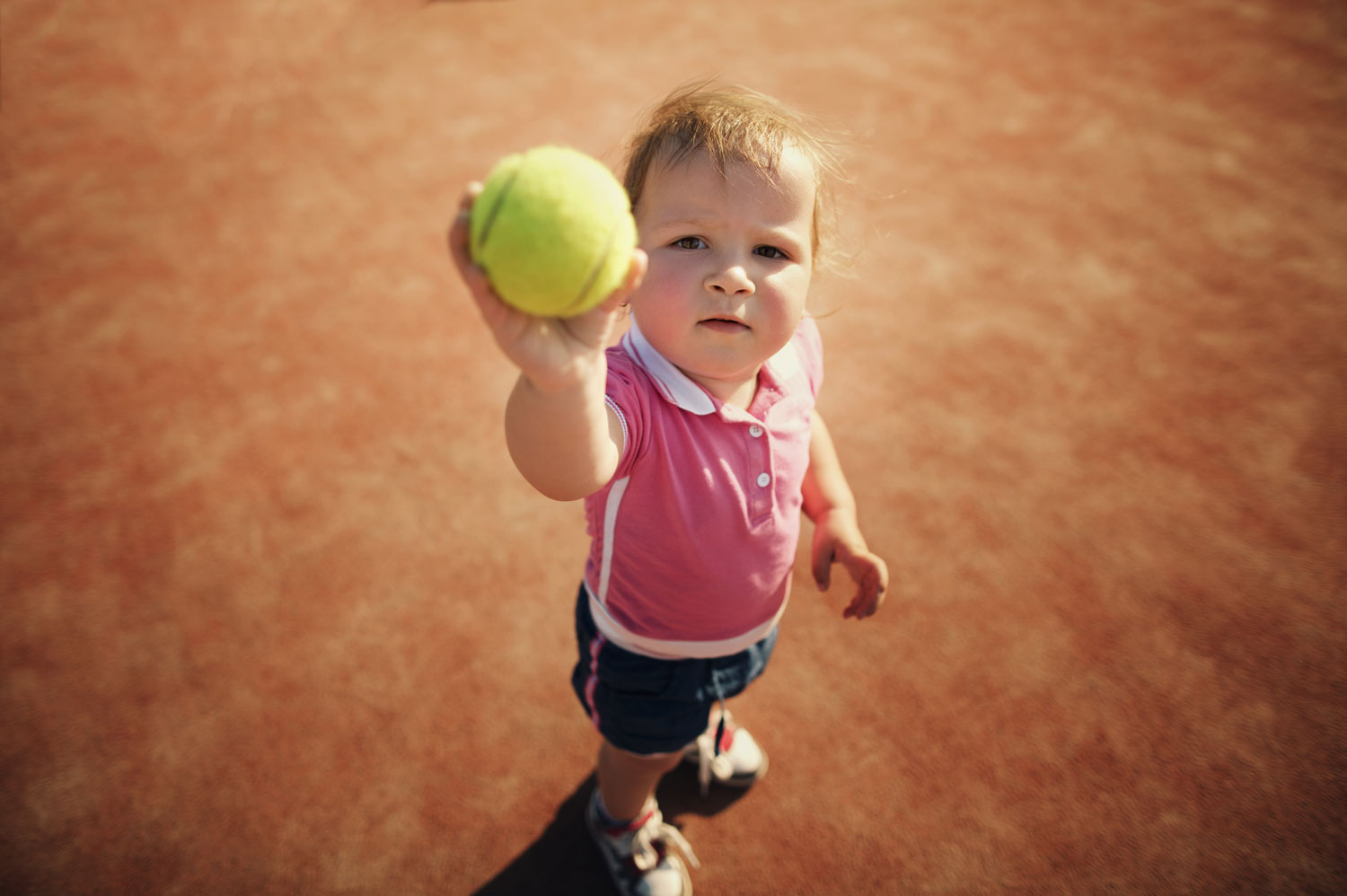
Children are surprising. Some seem disinterested, others are sick (see Alex Ruiz), but that does not mean that these players will not be the stars of tomorrow. And if it is not at padel, it could be in another sport, the important thing is to have transmitted something essential to them… work. Thinking about challenges and not results is the first key, and that each defeat is a springboard on which to bounce back, learn, work, improve to accept new challenges.
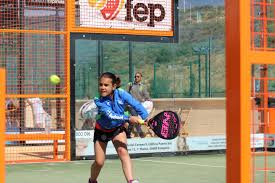
Saying "I won" makes little sense if we can not explain why we won. Technical gestures put into practice or a good game tactic applied or modified during the match is a sign of maturity.
We learn much faster from our failures than from our victories. The failures make us understand that we still have a lot to learn. We all want to win, but it's done by going the better way.
The desire for a quick victory does not necessarily come from the young people themselves but from their parents or teachers. This desire for "quick" results will pay a premium in the long-term training process. As Nito Brea says: "The magic recipes and the shortest paths are the bread for today but the hunger for tomorrow".
In young people where the technique learned is not perfect but effective, ask them to change it? It will be almost impossible because in their category, they win everything. Why change something that works will they think. But the day they change their category, will play against older players, faster, more powerful, they will realize that they are less effective than before.
And how to manage? By thinking that they have to take the pace, that they must work their minds or their competitiveness, while often they are technical problems that were not detected or not corrected early enough. Only the work and understanding of the child and family will continue learning.
Source and excerpt from the Book of Nito Brea "Sentido Común": http://sentidocomun.nitobreapadel.com/
Julien Bondia is a teacher of padel in Tenerife (Spain). Columnist and advisor, he helps you play better through his tutorials and tactical/technical articles padel.

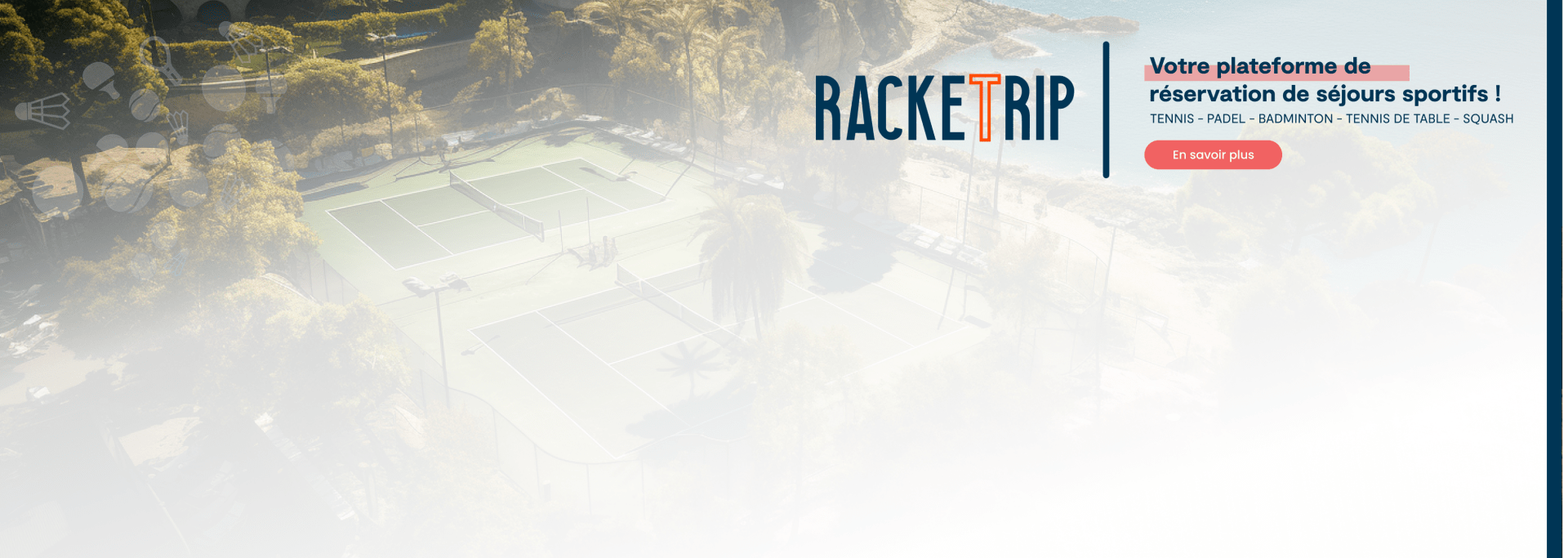













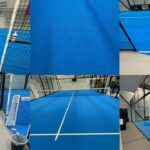

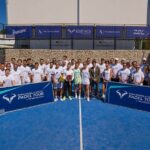
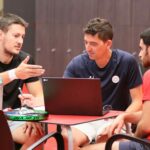

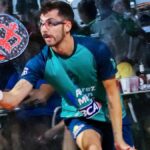
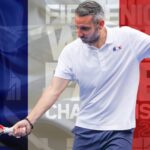
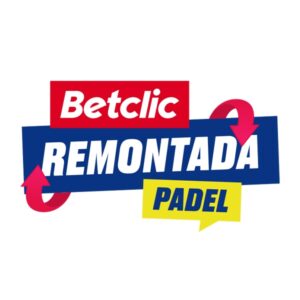








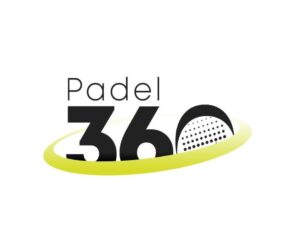
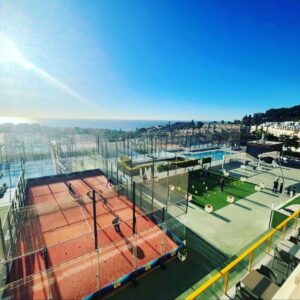
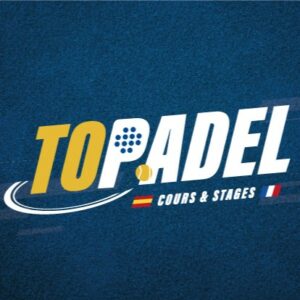



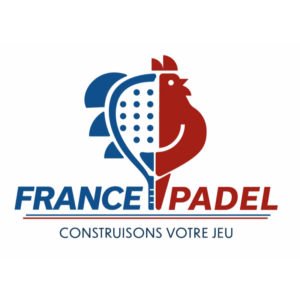
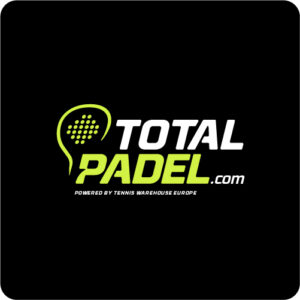




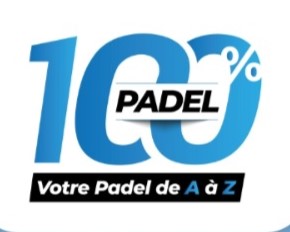
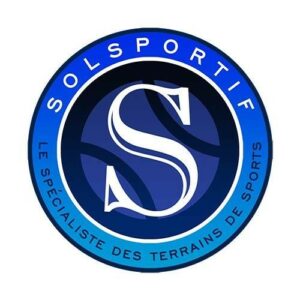

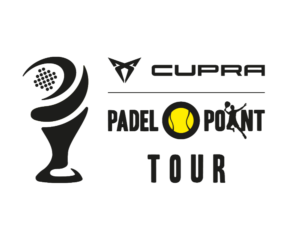

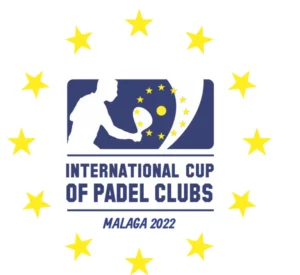

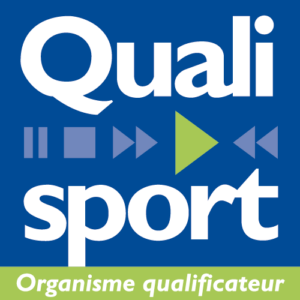
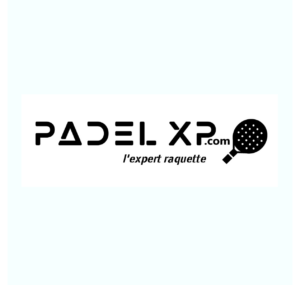

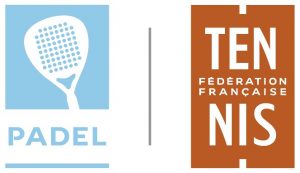


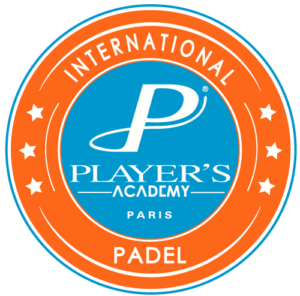
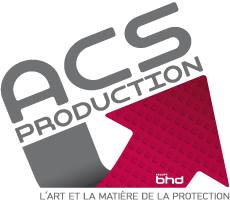
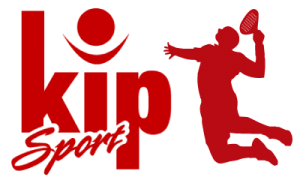



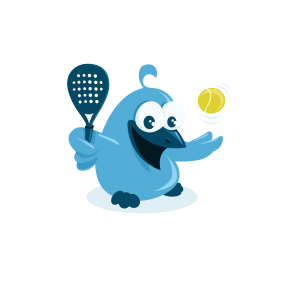

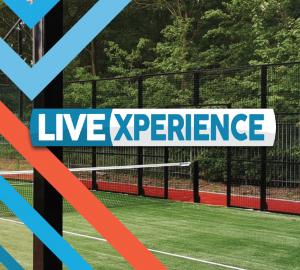


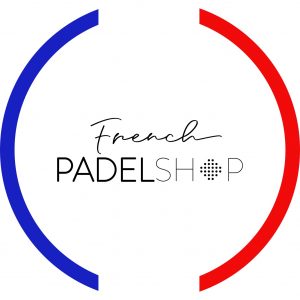
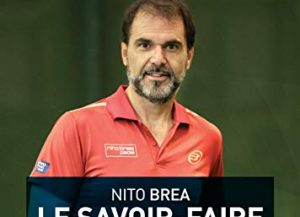
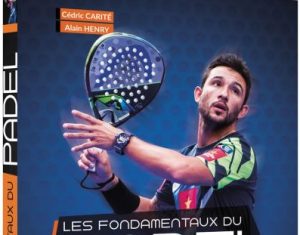

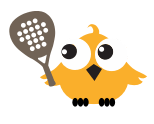
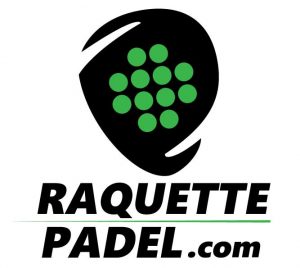

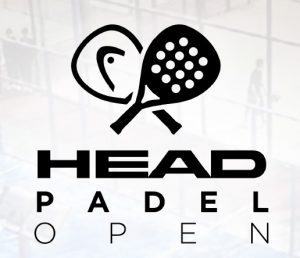





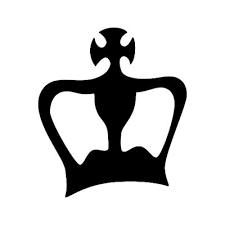
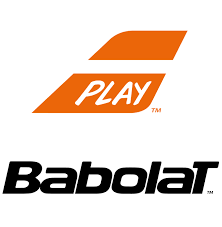

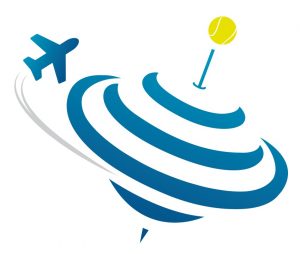
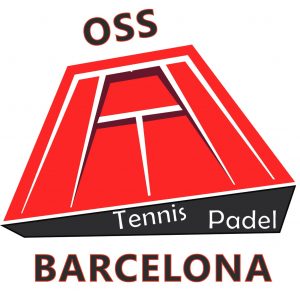
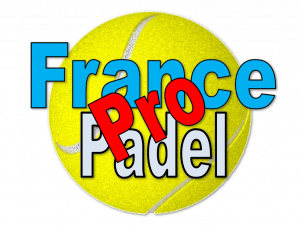


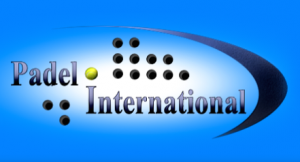

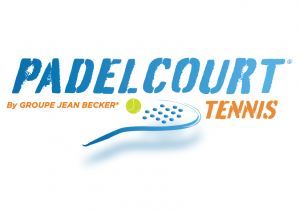
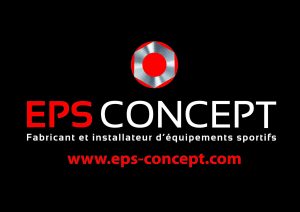
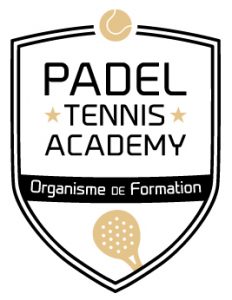
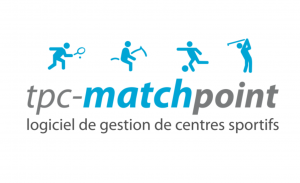
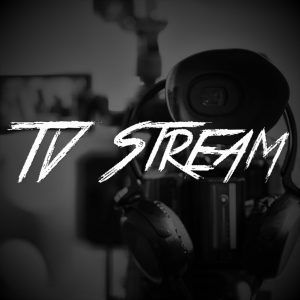
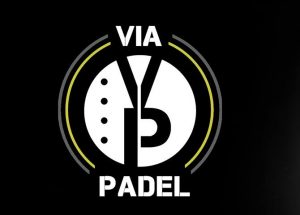
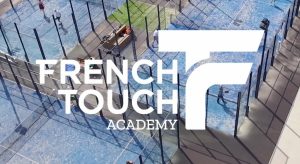



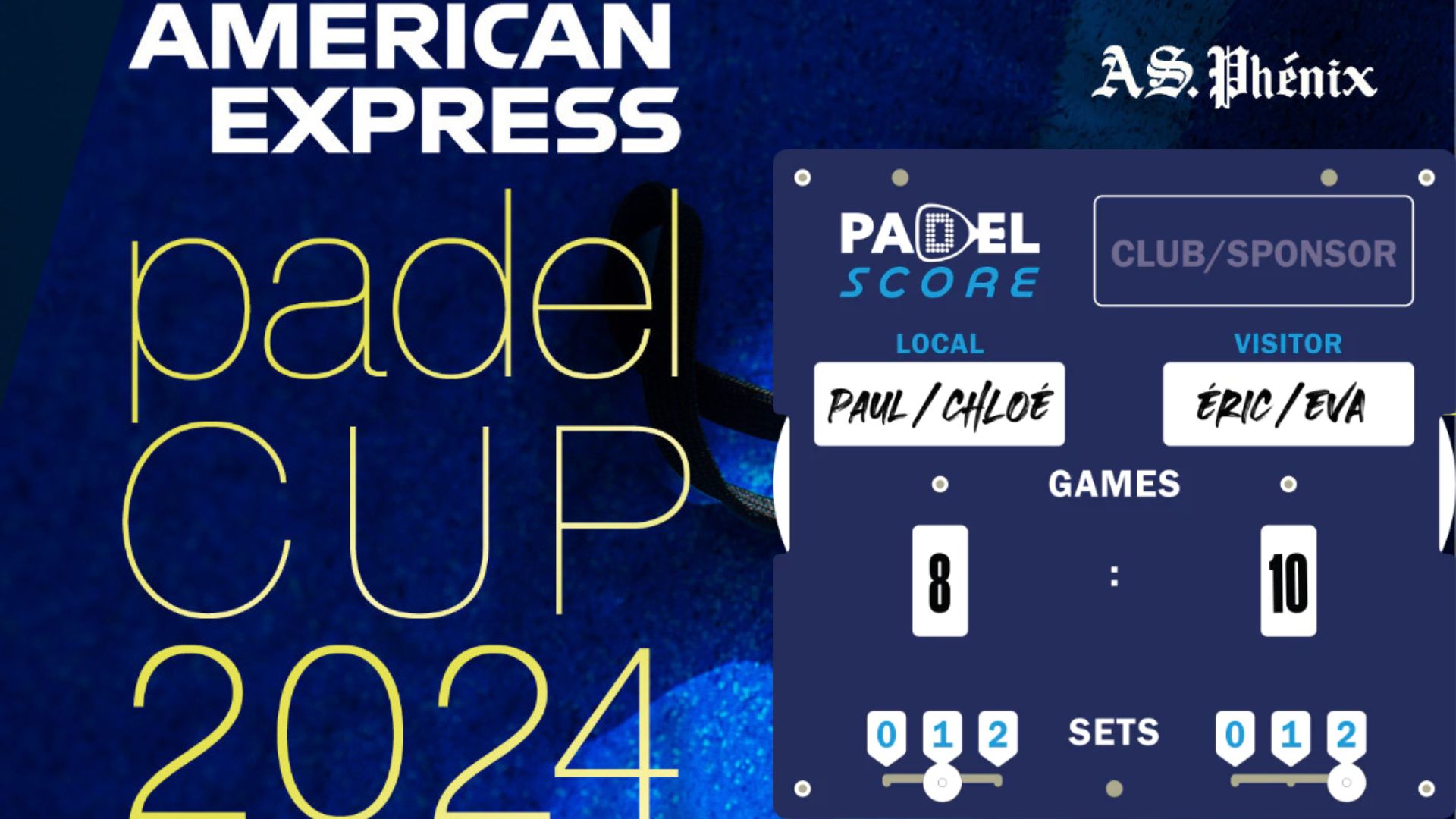 Padel Score comes to Tahiti for American Express Padel Cup!
Padel Score comes to Tahiti for American Express Padel Cup!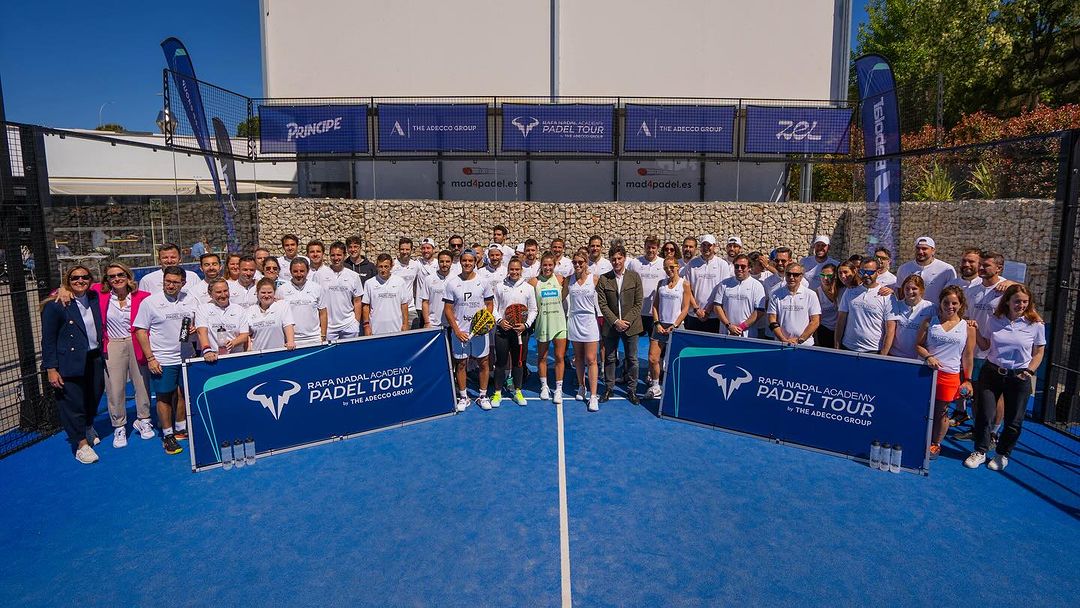 Do you know the Rafa Nadal Academy Tour?
Do you know the Rafa Nadal Academy Tour?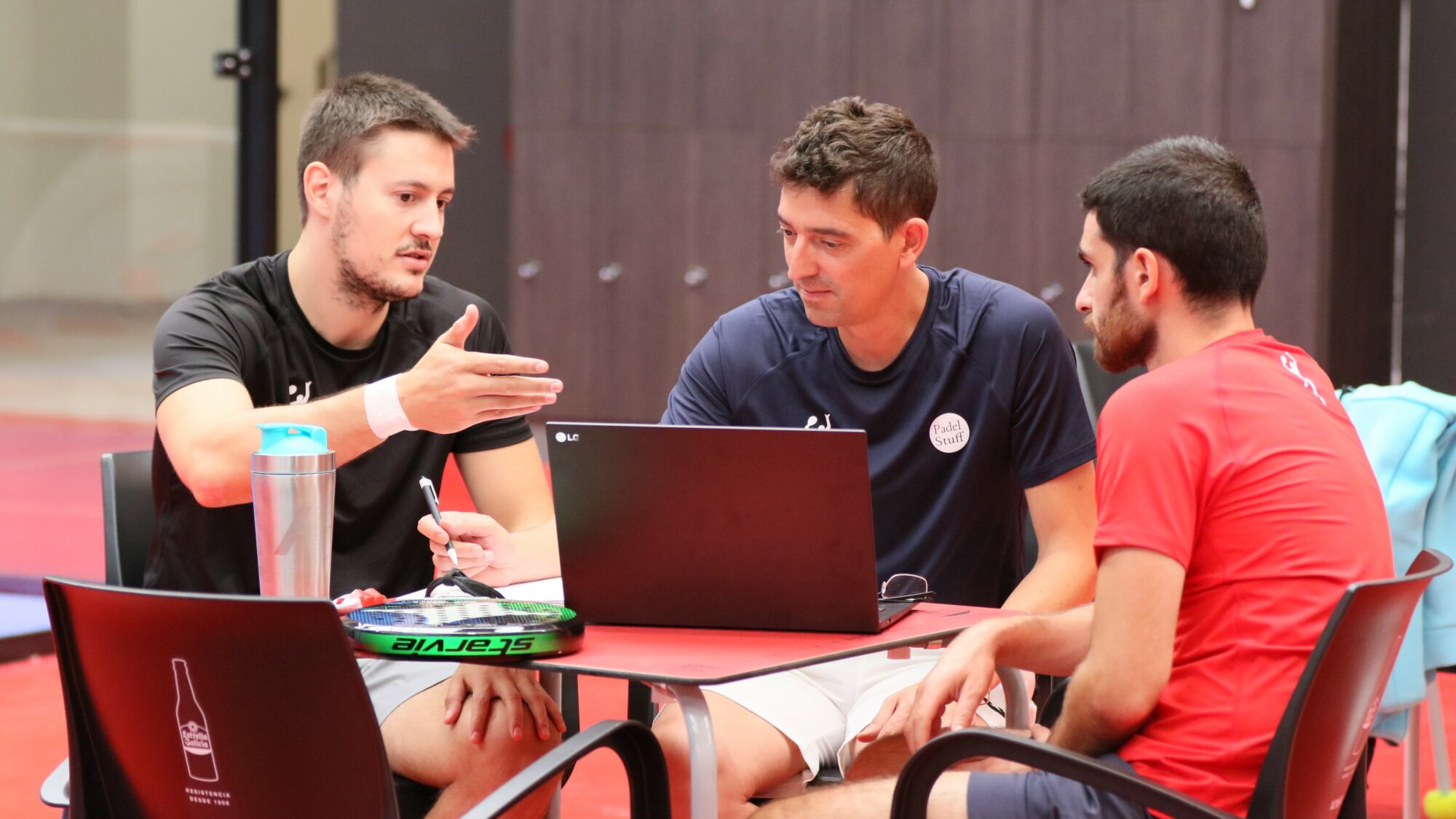 At the heart of padel – Episode 25: Paul and Andoni answer your questions
At the heart of padel – Episode 25: Paul and Andoni answer your questions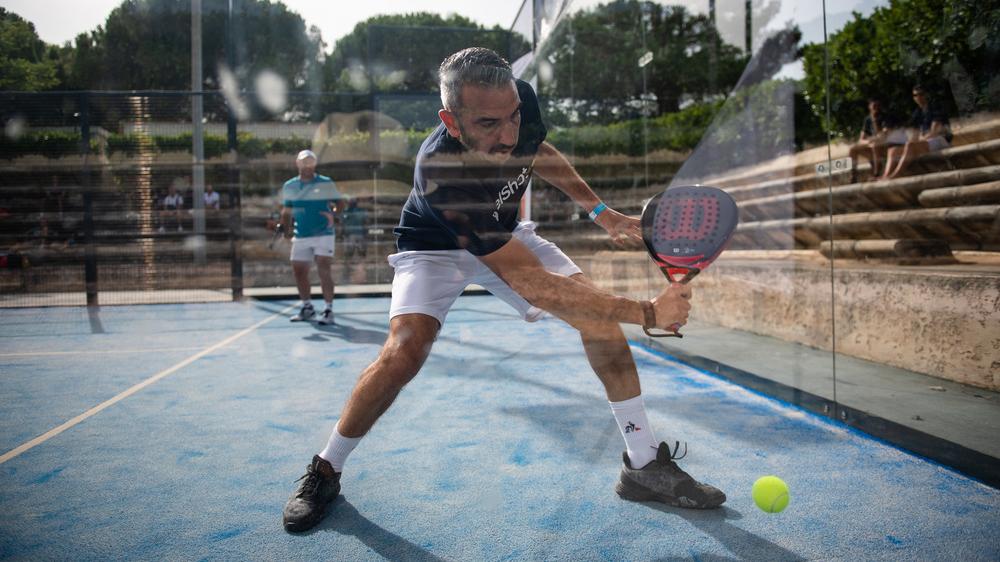 Simon Boissé: “We know that there are two nations in front of us”
Simon Boissé: “We know that there are two nations in front of us”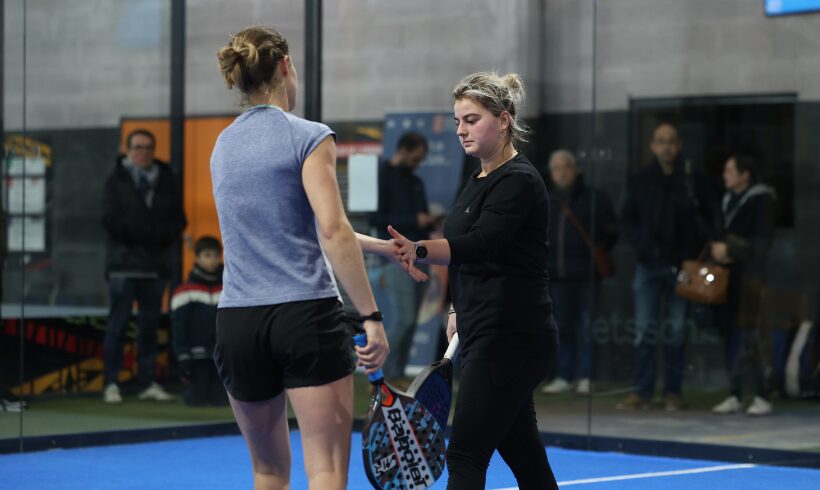 Marie Maligo: “This period of frequent changes of partners was beneficial for me”
Marie Maligo: “This period of frequent changes of partners was beneficial for me”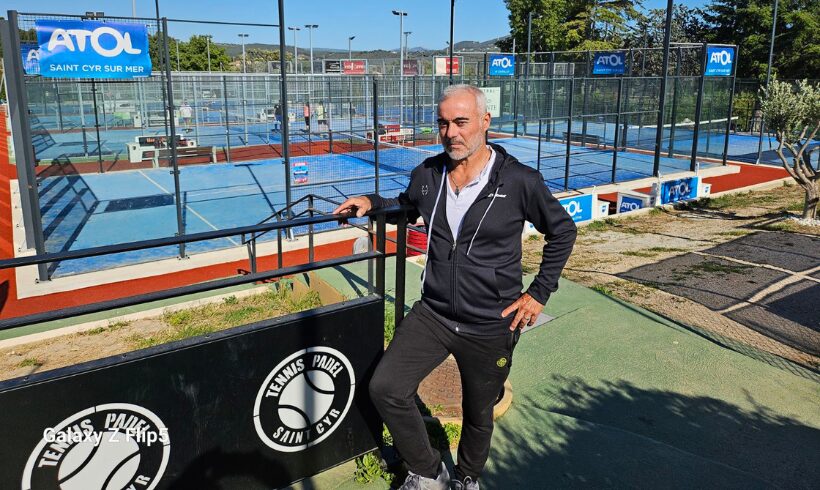 Alain Idier: “Adding tracks of padel, without sacrificing tennis”
Alain Idier: “Adding tracks of padel, without sacrificing tennis”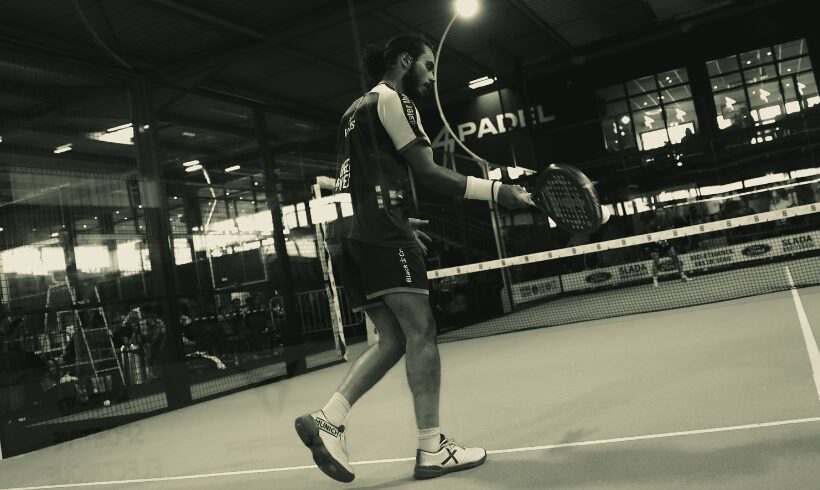 Manuel Vives: “It’s extremely difficult to get by financially”
Manuel Vives: “It’s extremely difficult to get by financially”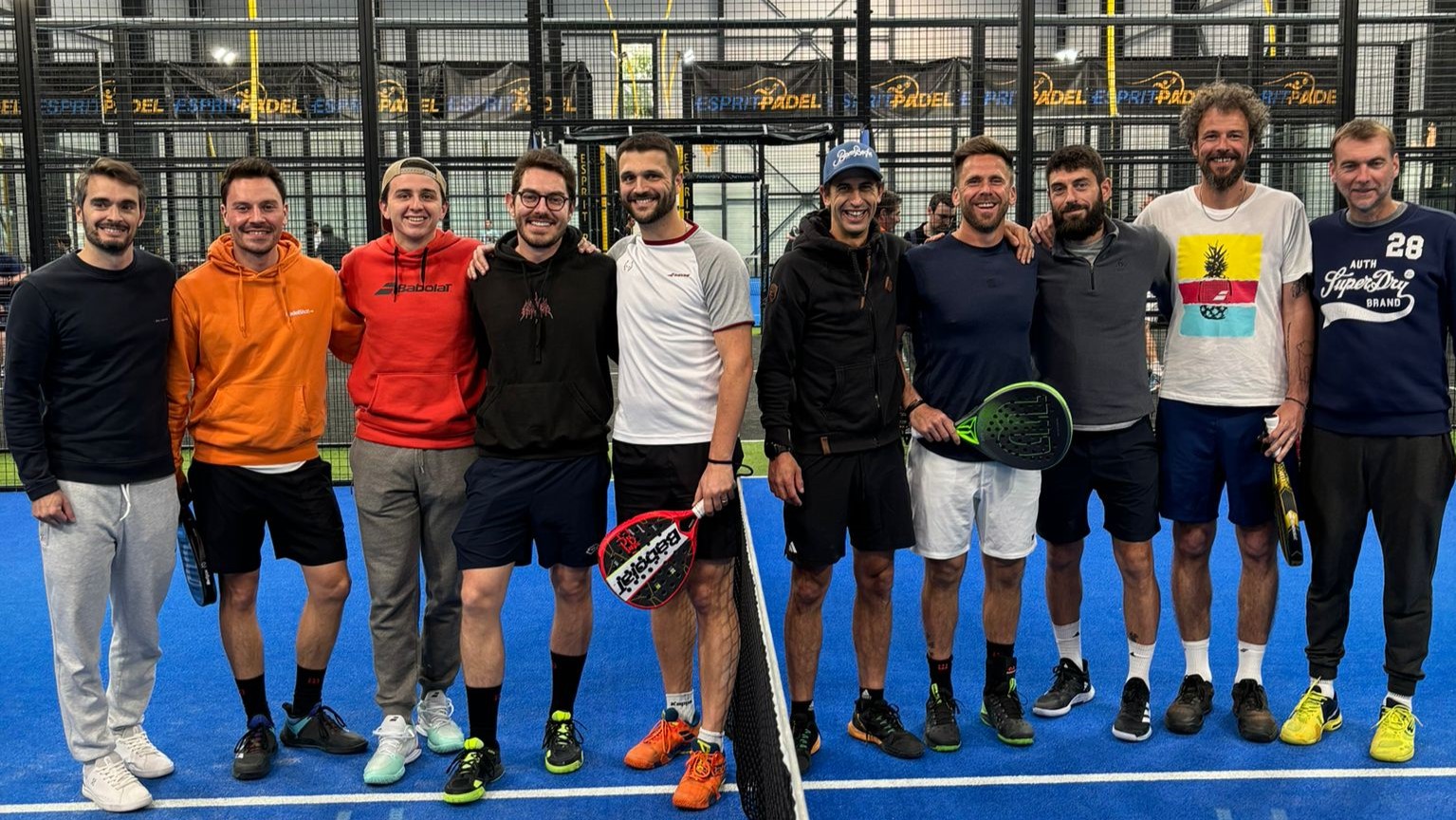 Mind Padel Lyon and the Auvergne Rhône-Alpes League innovate with team tournaments
Mind Padel Lyon and the Auvergne Rhône-Alpes League innovate with team tournaments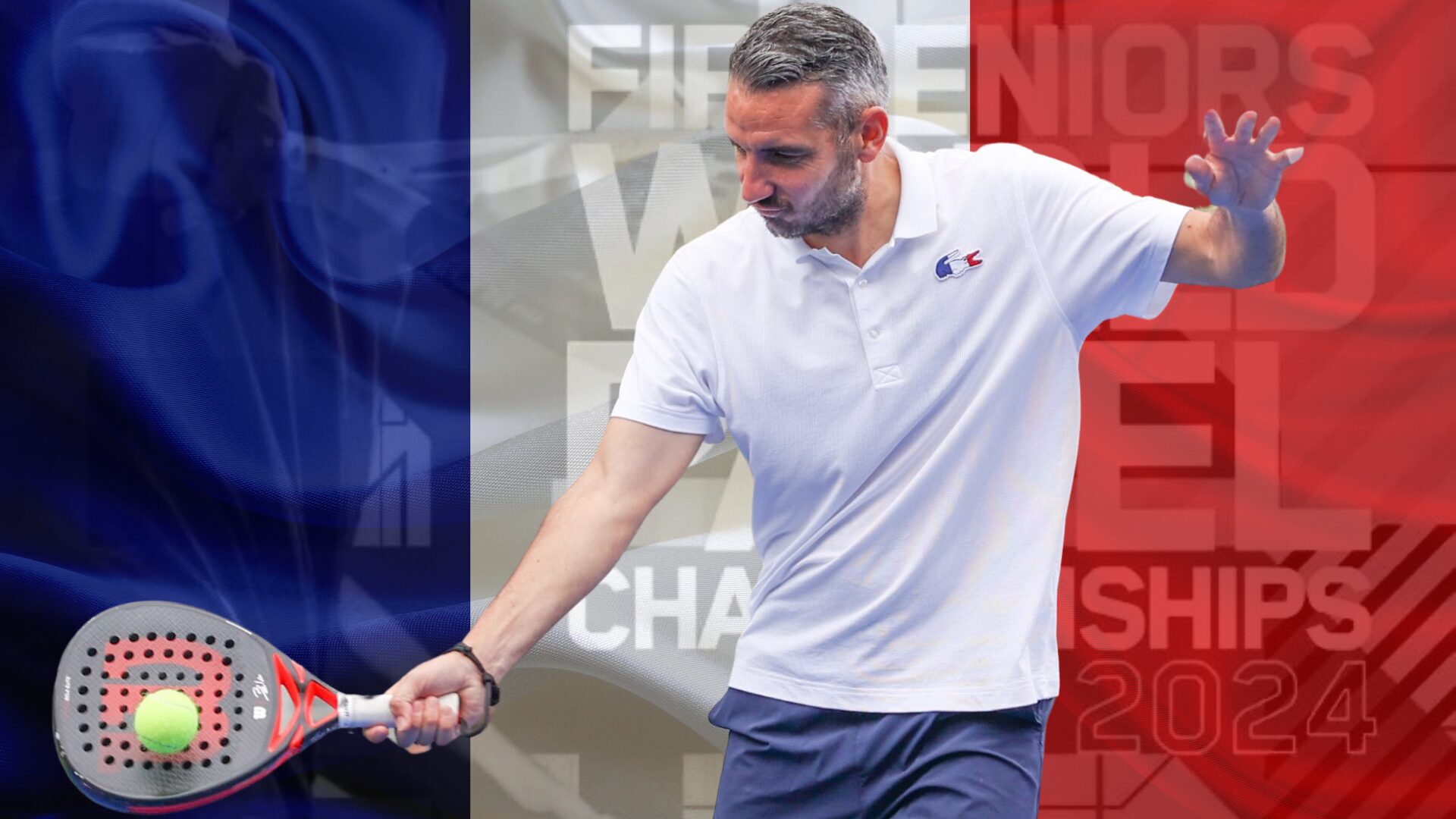 Simon Boissé: “We know that there are two nations in front of us”
Simon Boissé: “We know that there are two nations in front of us”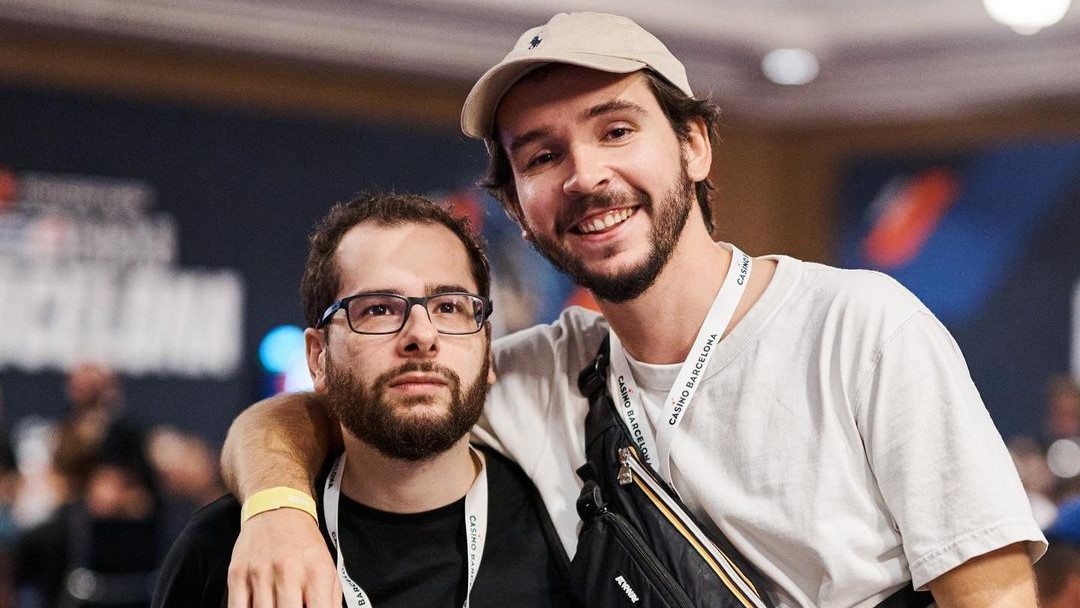 Team PAX (Domingo / Xari) returns to victory
Team PAX (Domingo / Xari) returns to victory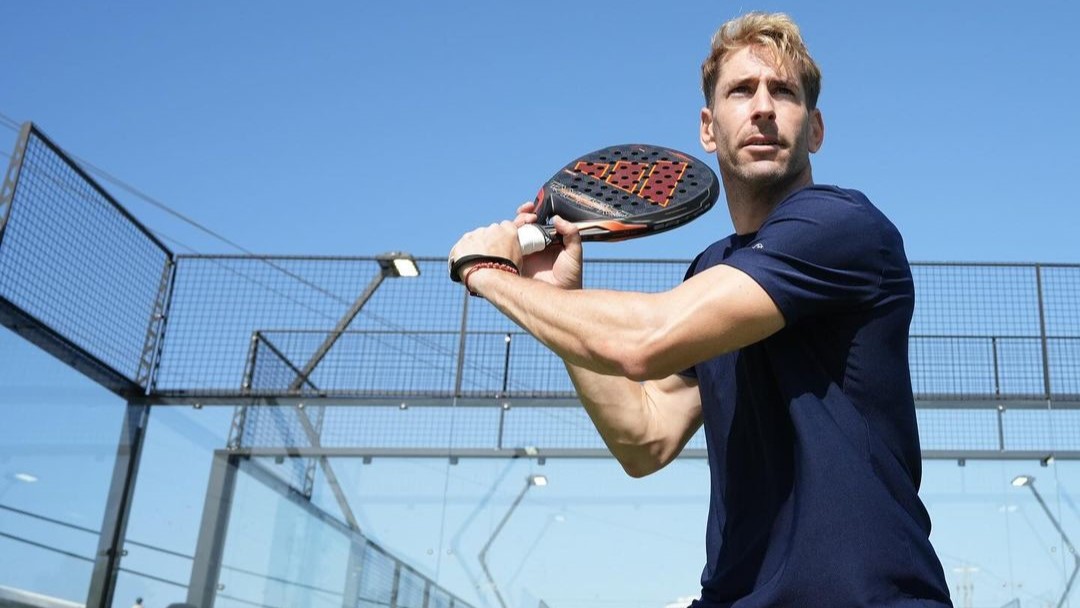 Alex Ruiz: “Finding joy again with Momo”
Alex Ruiz: “Finding joy again with Momo”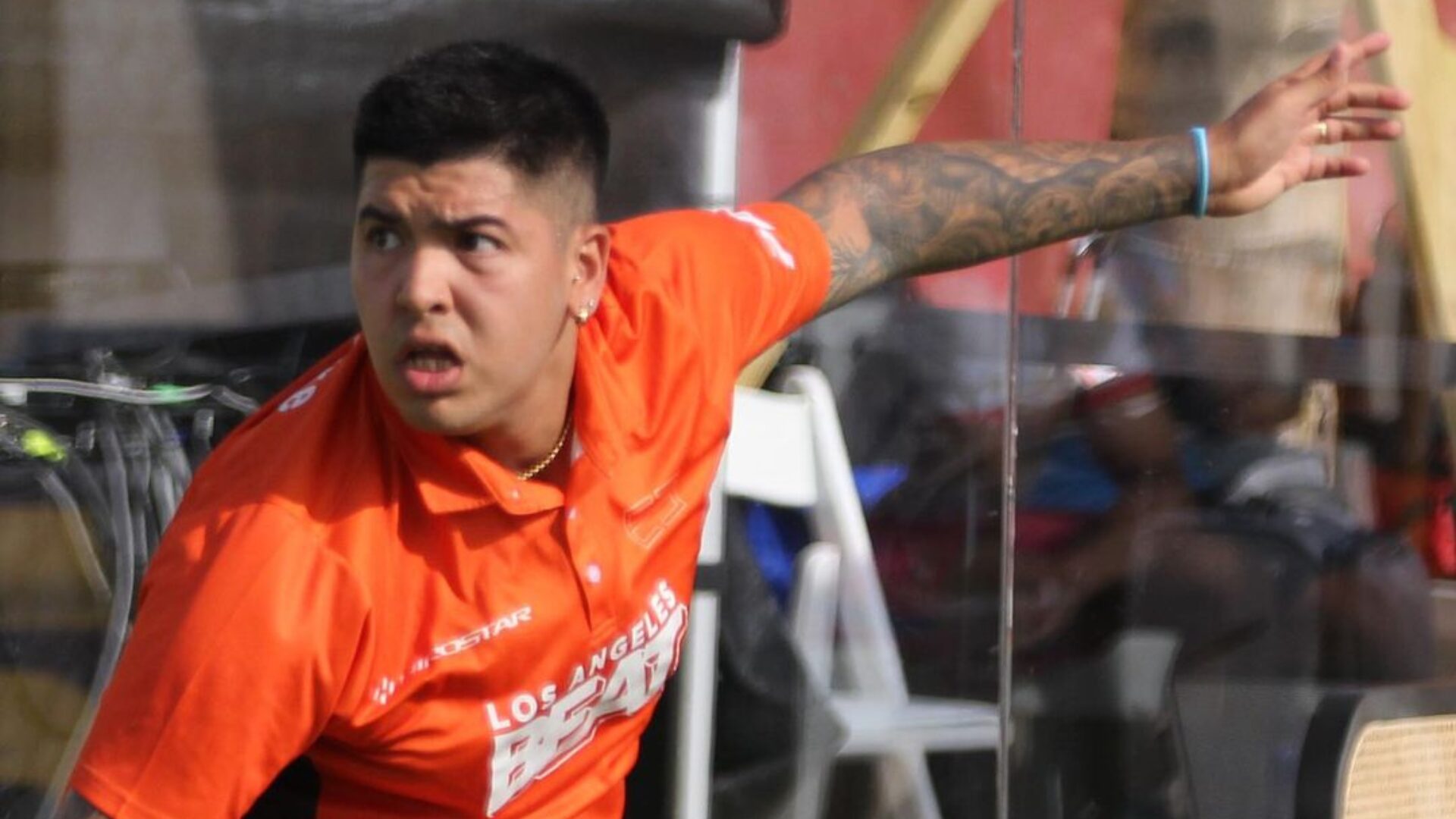 Nerone: “Tolito is not a normal player”
Nerone: “Tolito is not a normal player” P2 Brussels – Like a new school year!
P2 Brussels – Like a new school year!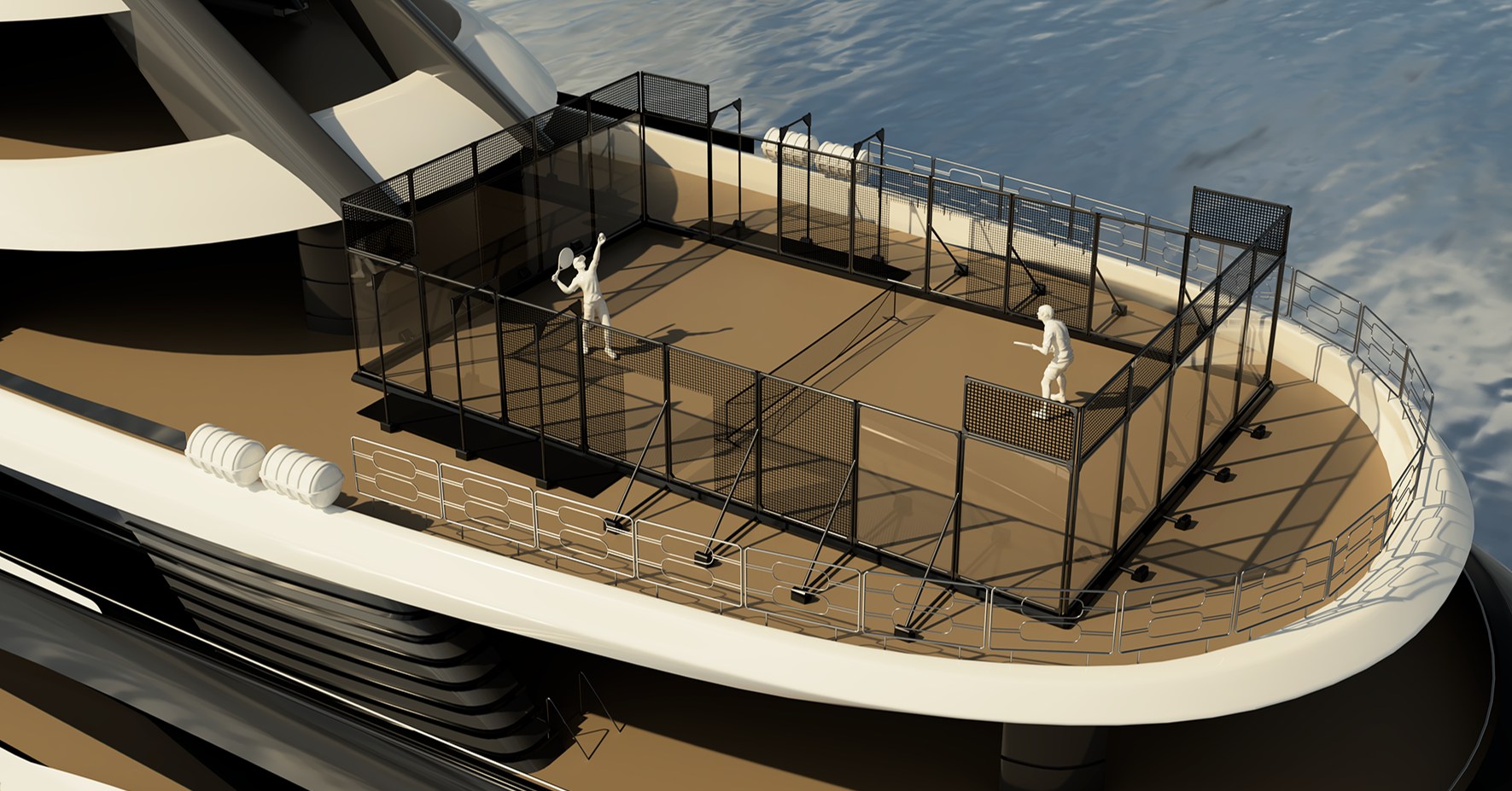 Play at padel on his yacht? Possible for €233.000!
Play at padel on his yacht? Possible for €233.000!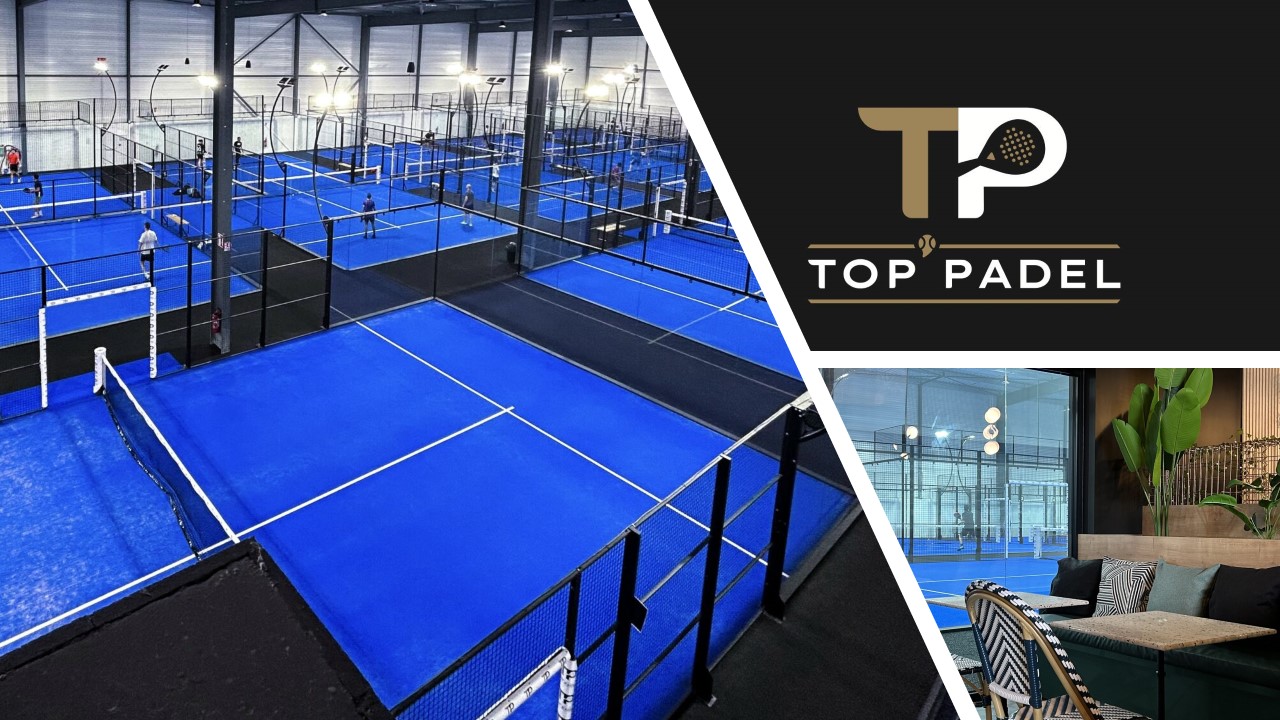 TOP Padel : “A premium club with 10 slopes in Toulouse”
TOP Padel : “A premium club with 10 slopes in Toulouse”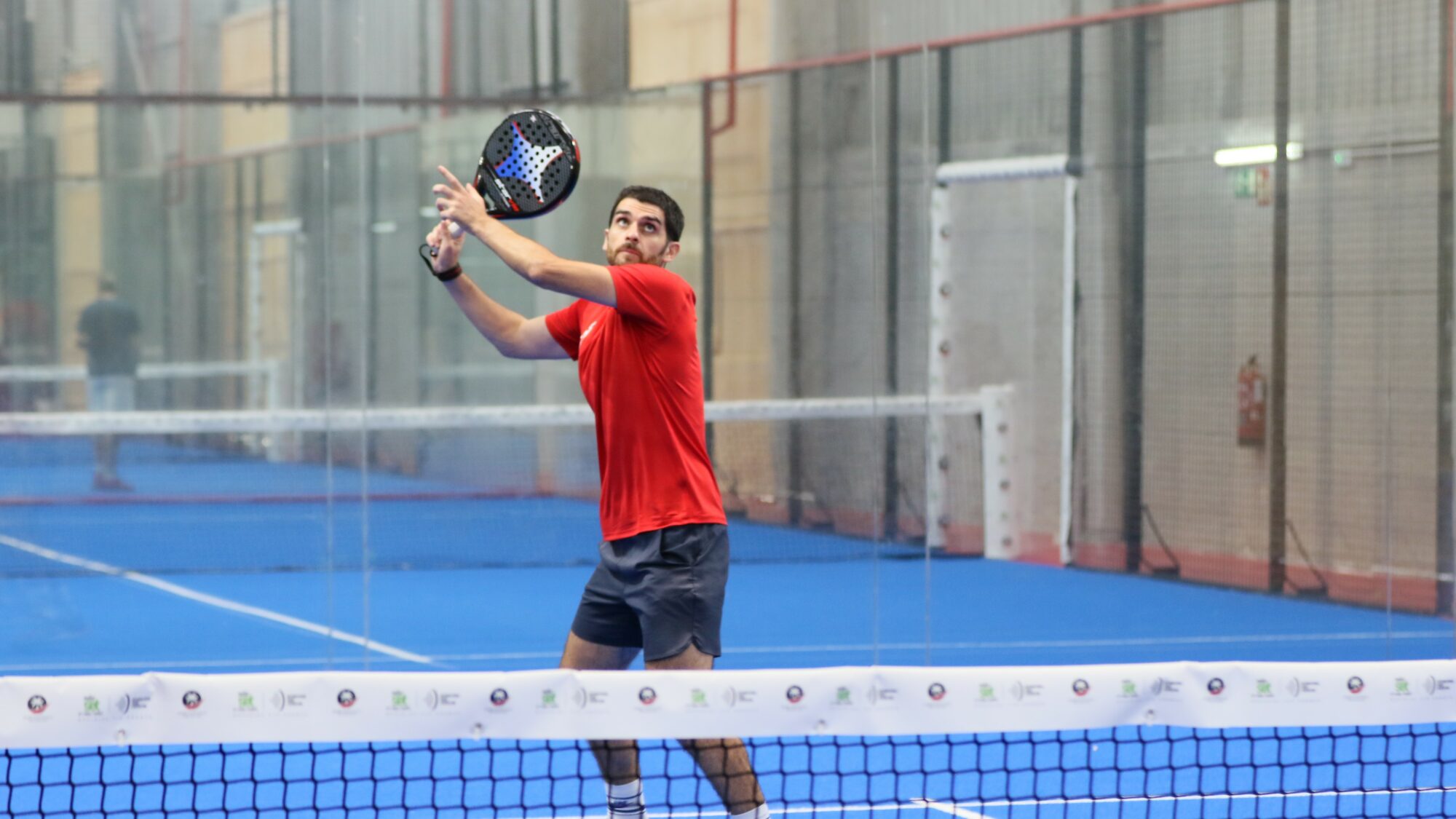 At the heart of padel – Episode 25: Paul and Andoni answer your questions
At the heart of padel – Episode 25: Paul and Andoni answer your questions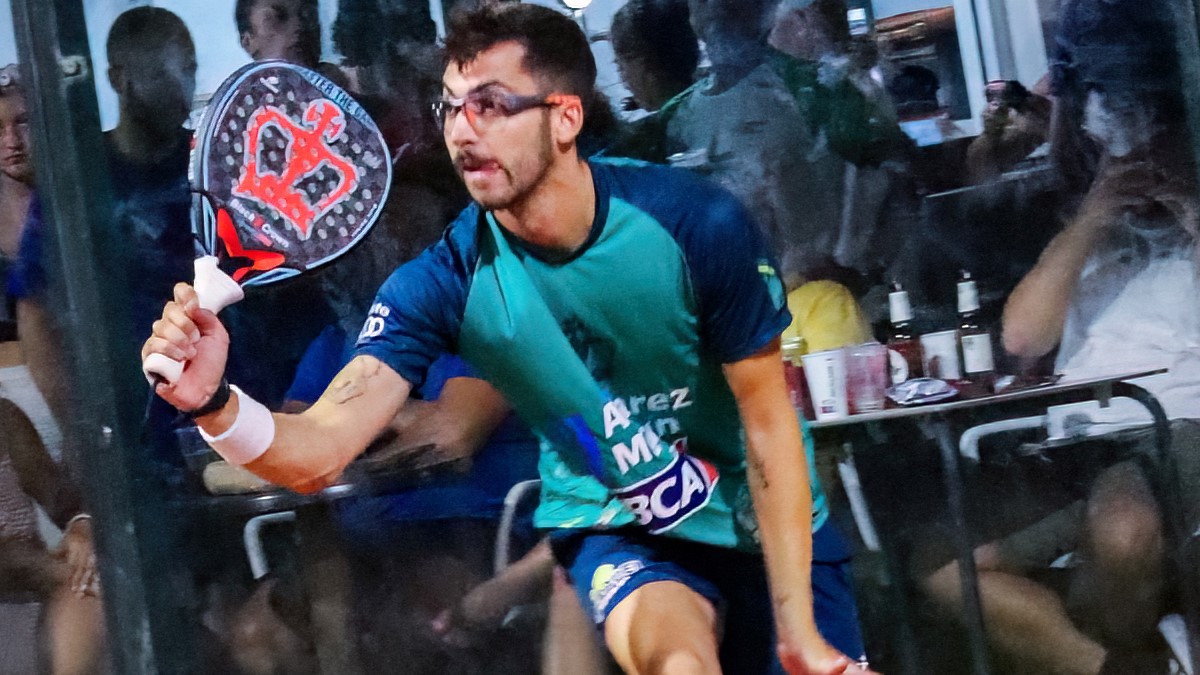 Tactical padel – What to do when faced with players who systematically stay at the bottom?
Tactical padel – What to do when faced with players who systematically stay at the bottom?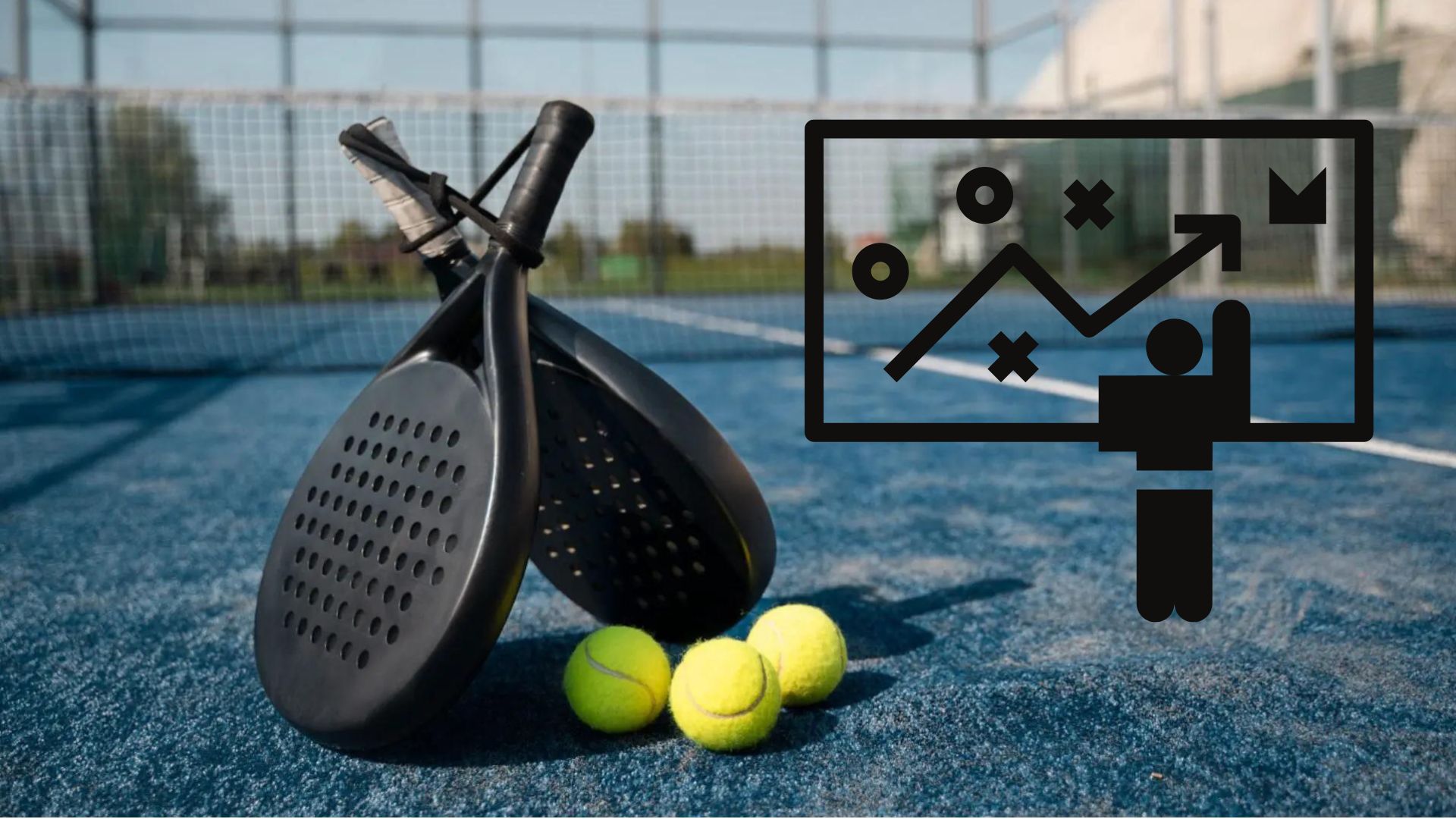 The basic tactics of padel
The basic tactics of padel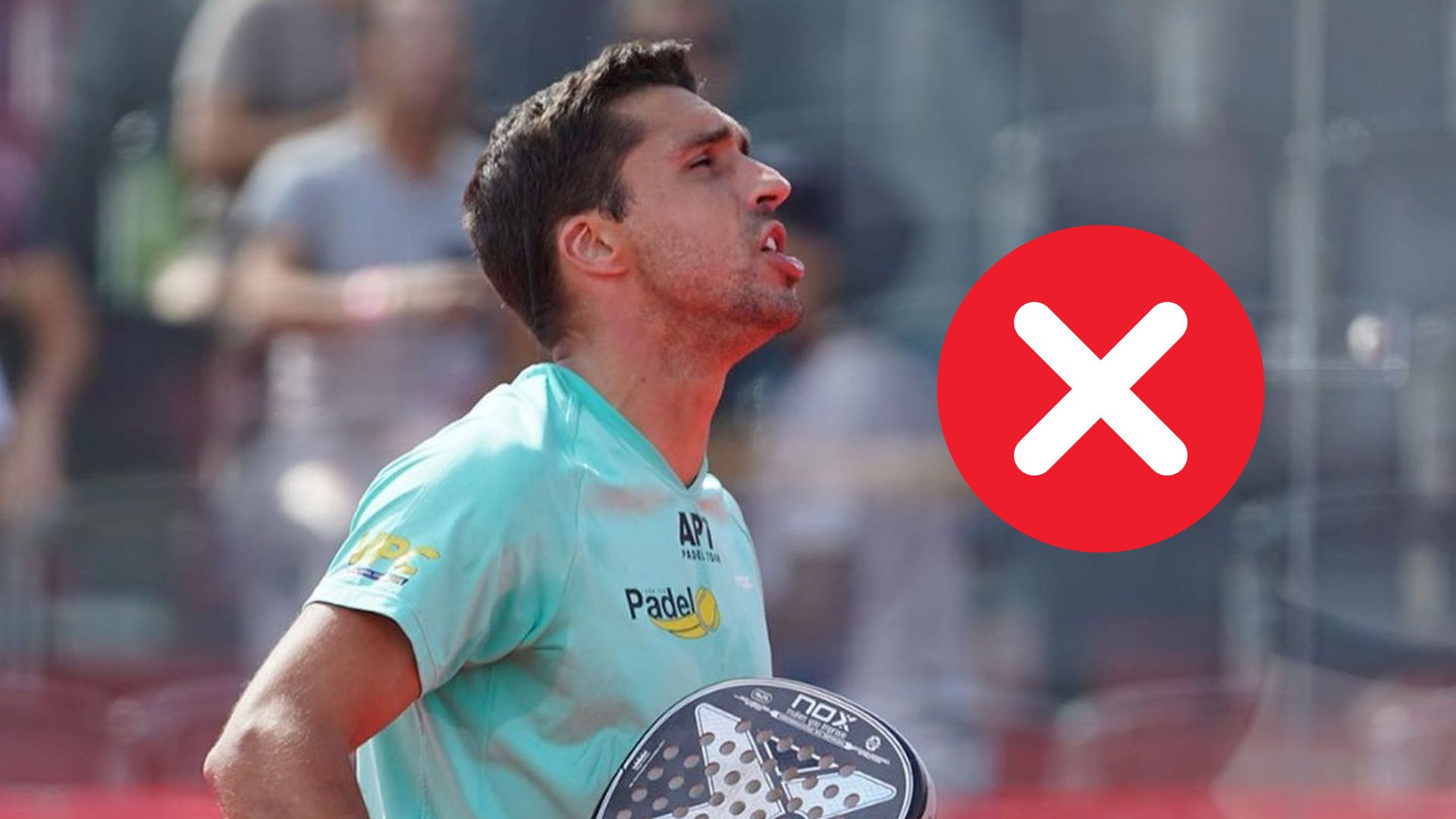 A par 4 is always a winner...even if you manage to defend it!
A par 4 is always a winner...even if you manage to defend it!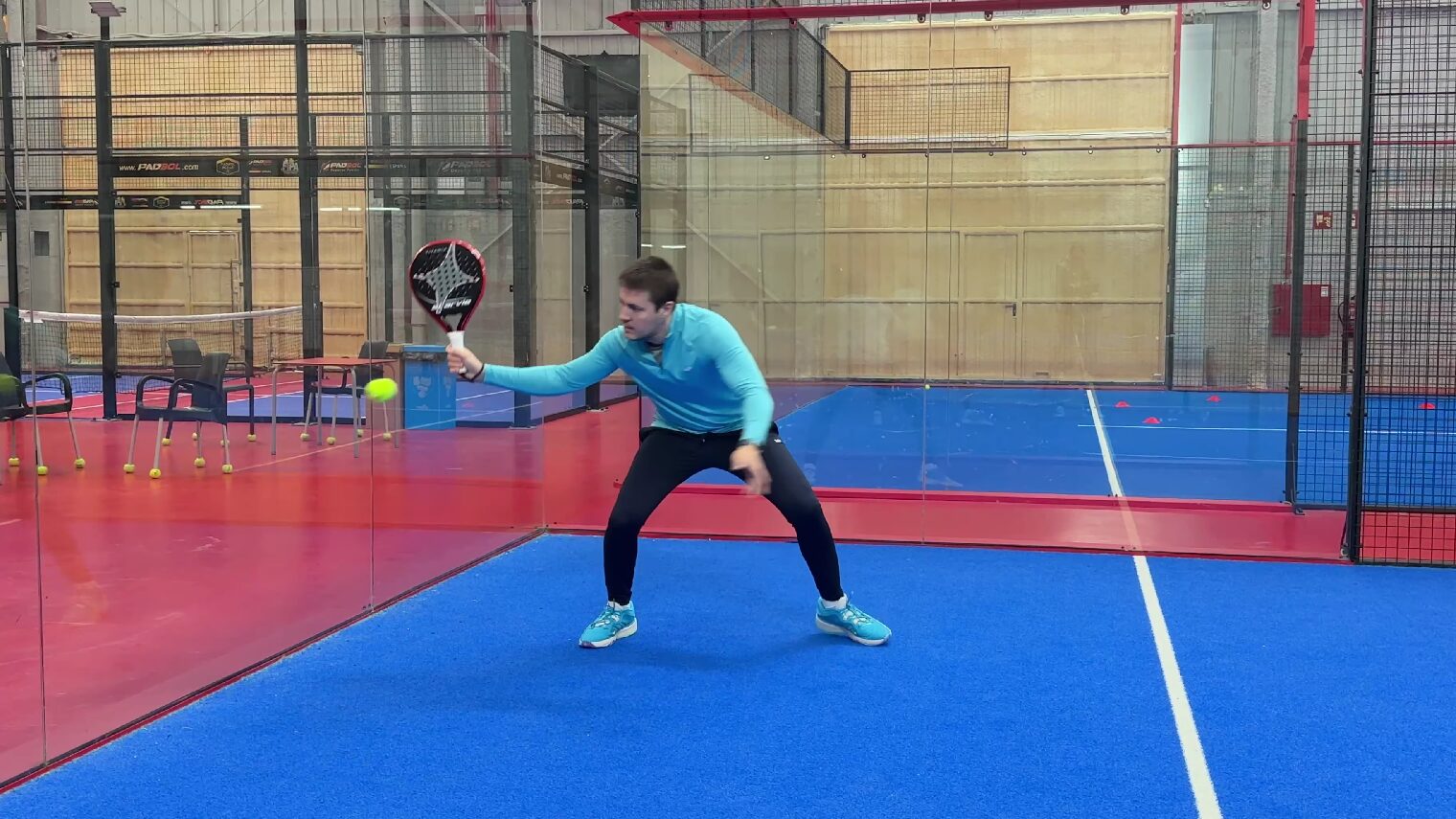 At the heart of padel – Episode 23: defend the window well
At the heart of padel – Episode 23: defend the window well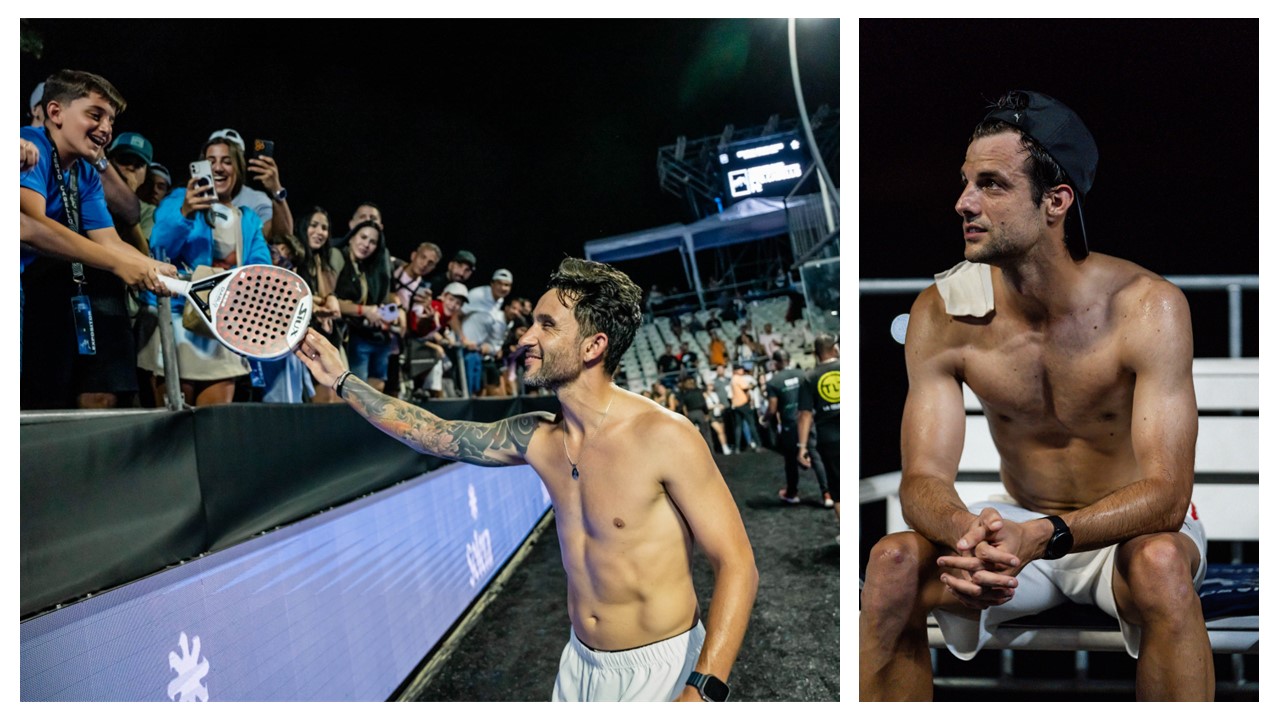 Prohibition on playing topless Padel : the reasons
Prohibition on playing topless Padel : the reasons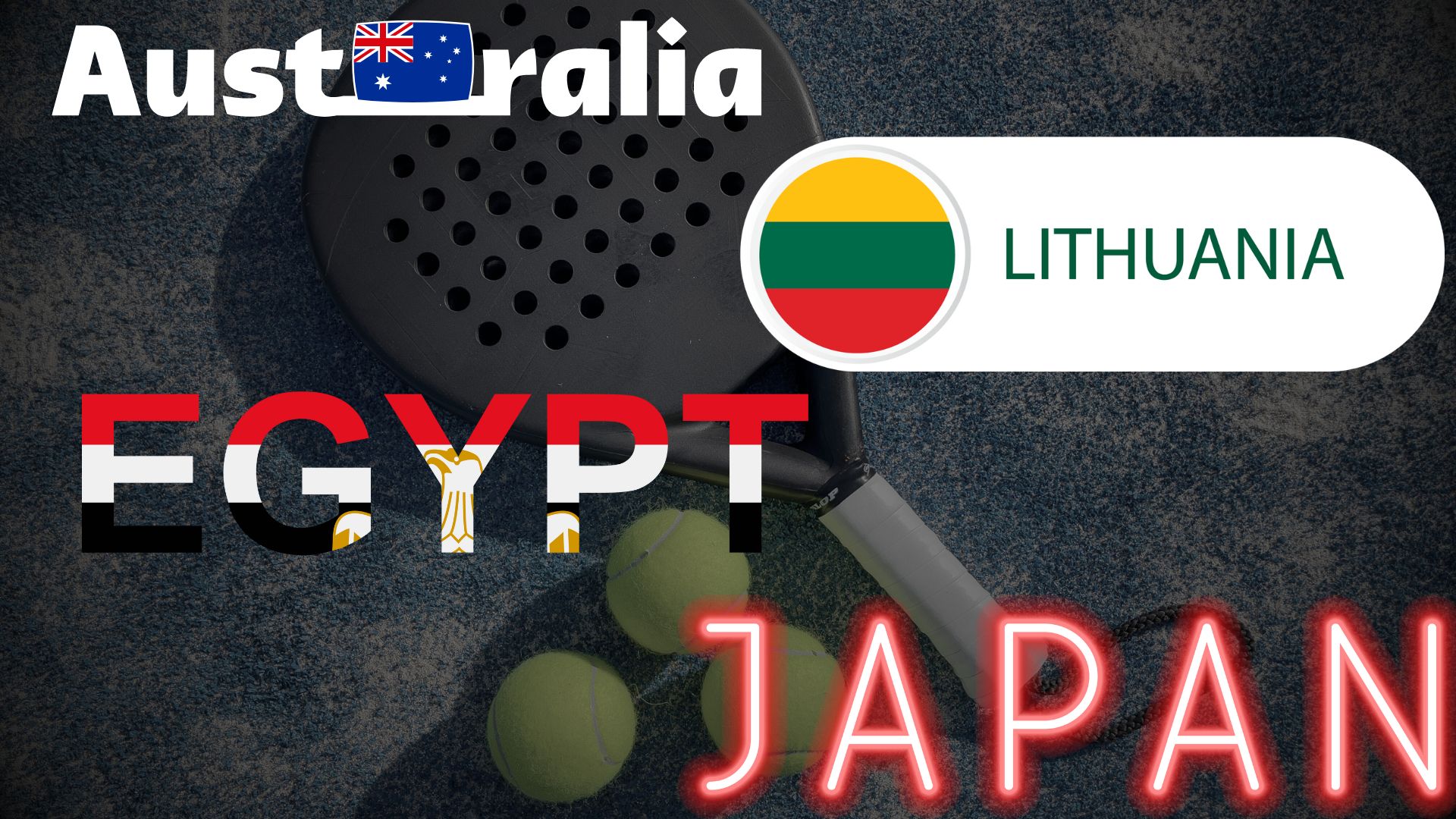 FIP Tour – Going far from Europe, THE strategy to earn points!
FIP Tour – Going far from Europe, THE strategy to earn points!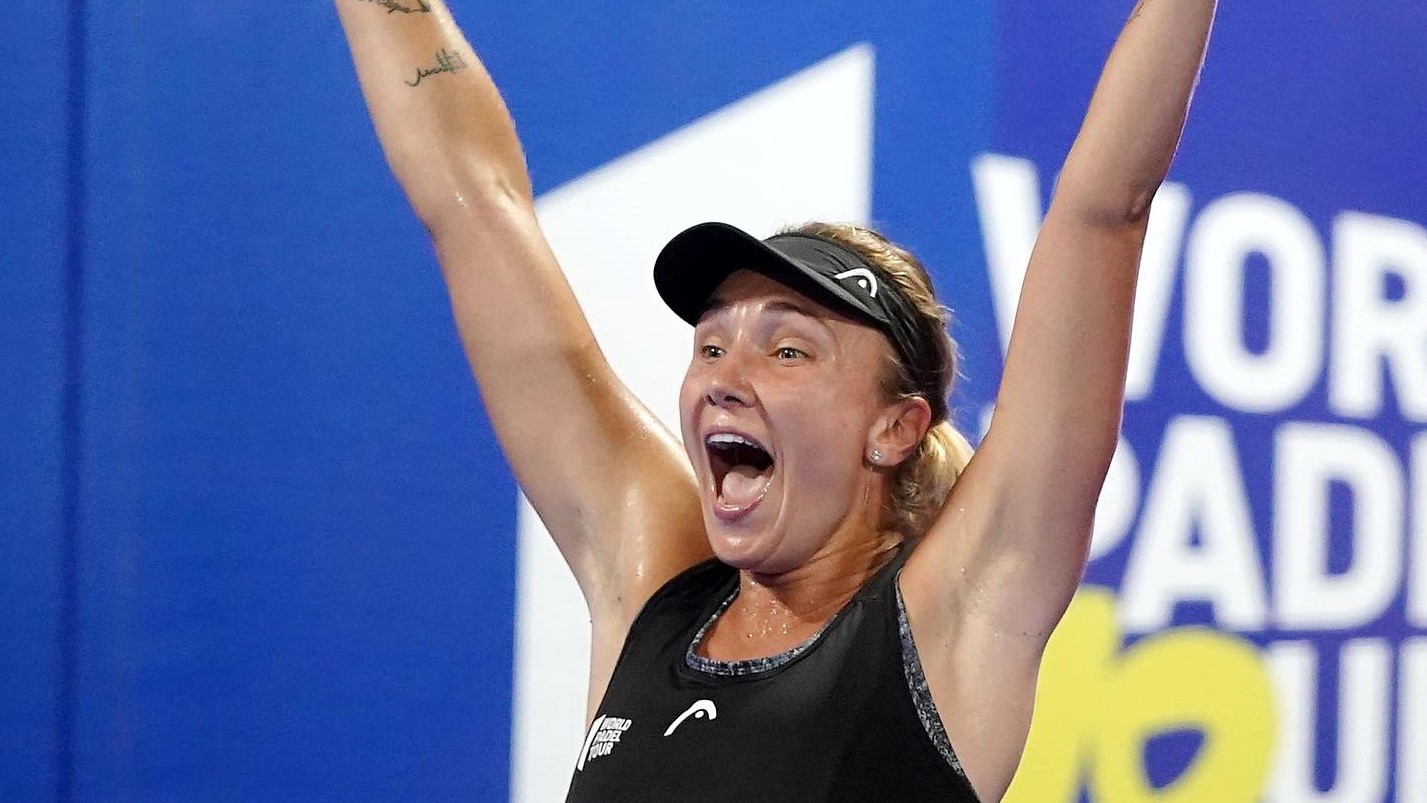 What is a good football player? padel ?
What is a good football player? padel ?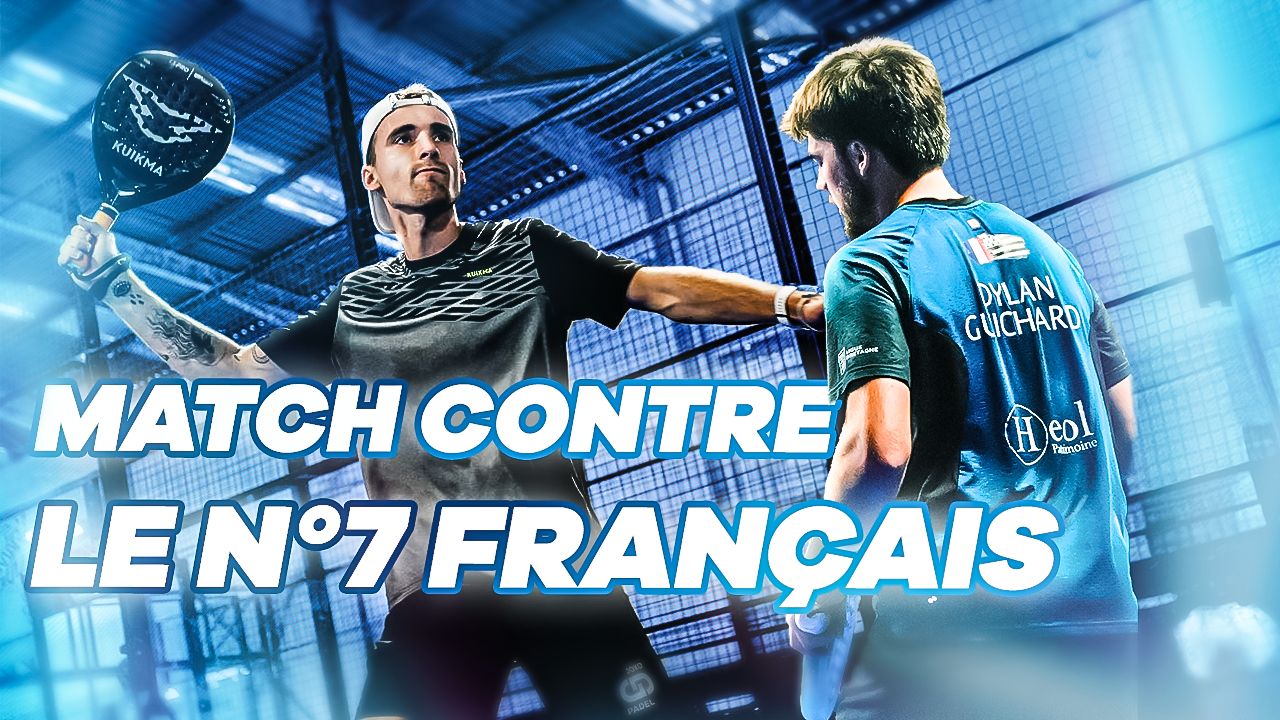 “Lefties give me headaches when I play against them!”
“Lefties give me headaches when I play against them!”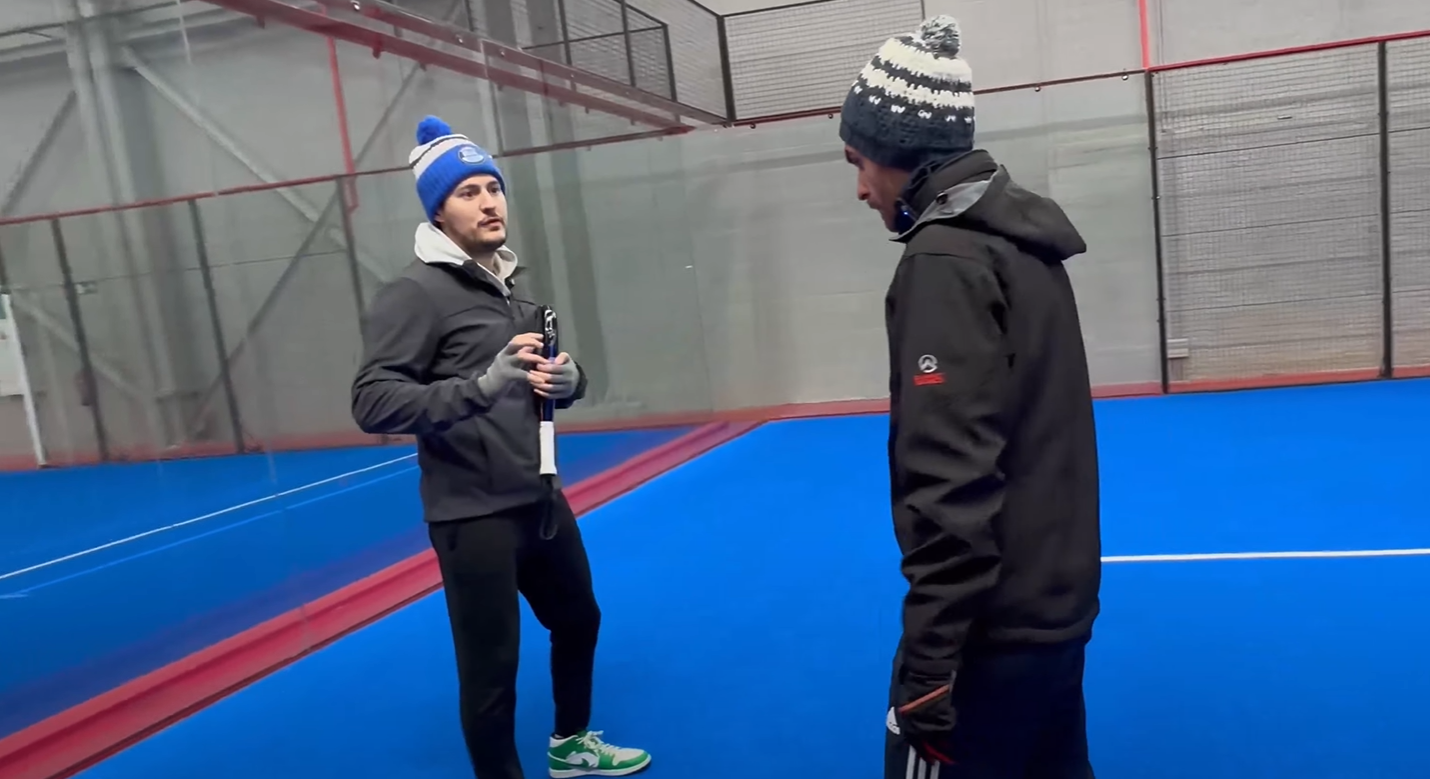 At the heart of padel – Episode 14: how to earn points in winter?
At the heart of padel – Episode 14: how to earn points in winter?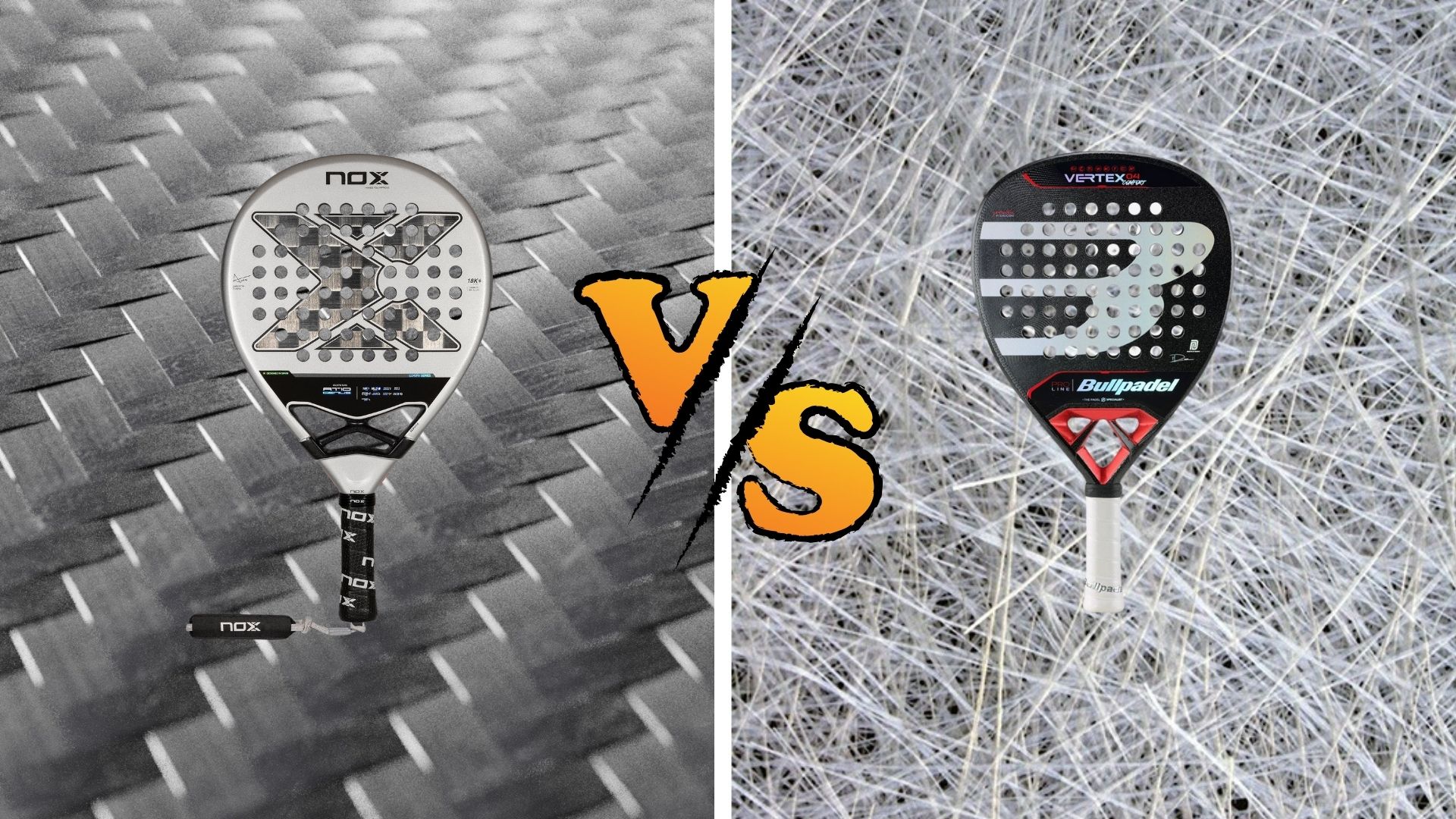 Carbon fiber VS fiberglass: what to choose?
Carbon fiber VS fiberglass: what to choose?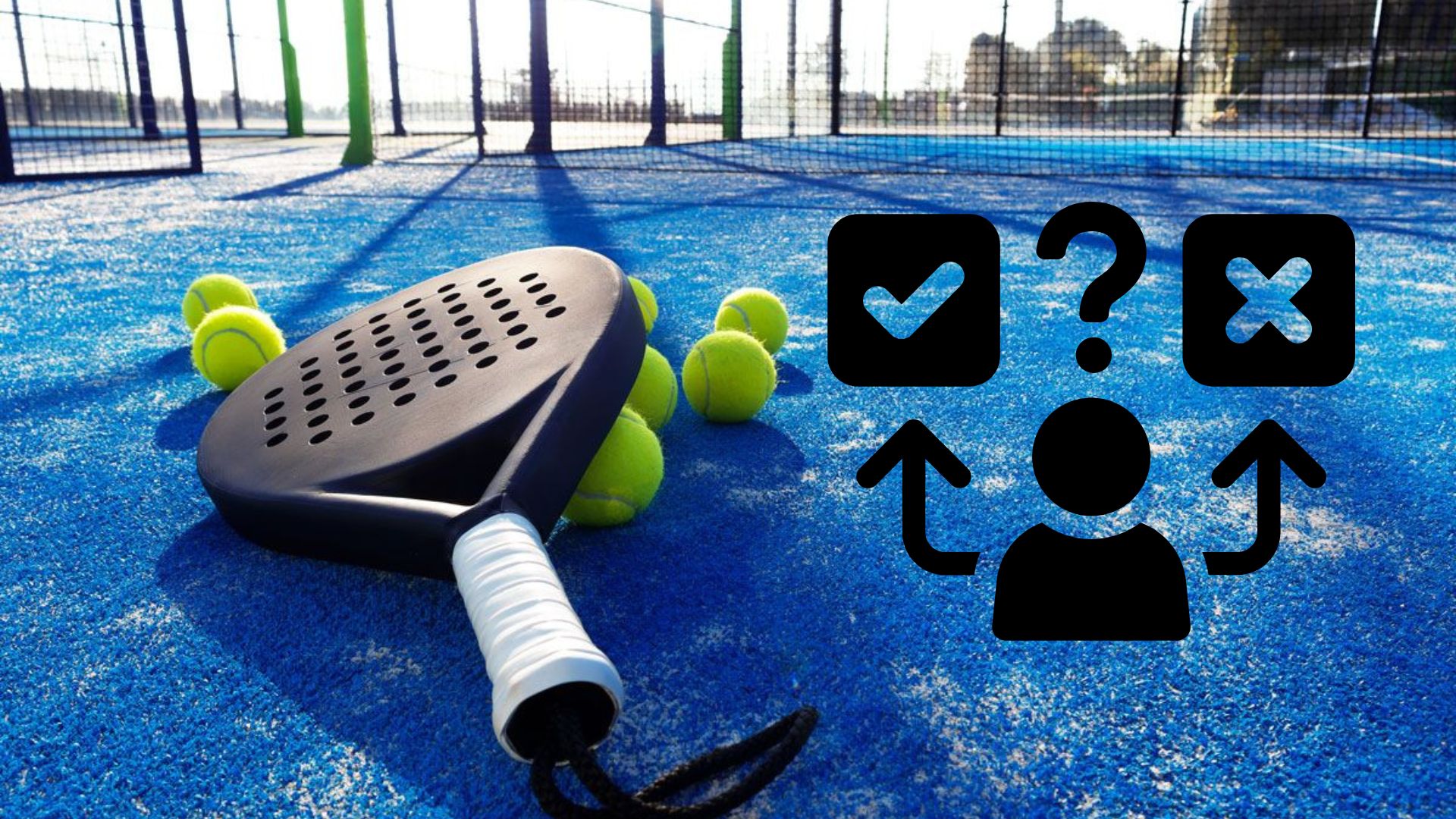 How to effectively test a racket padel ?
How to effectively test a racket padel ?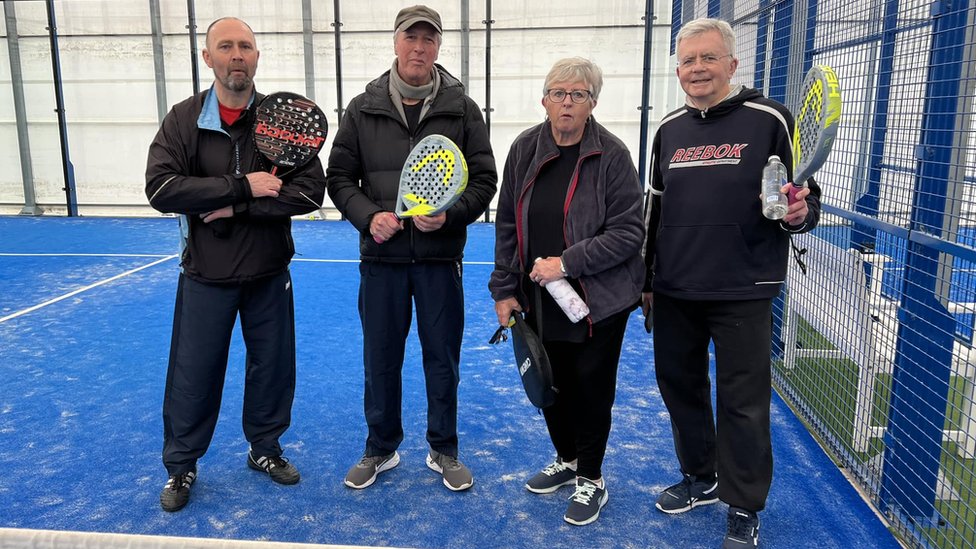 La padel to fight Parkinson's disease
La padel to fight Parkinson's disease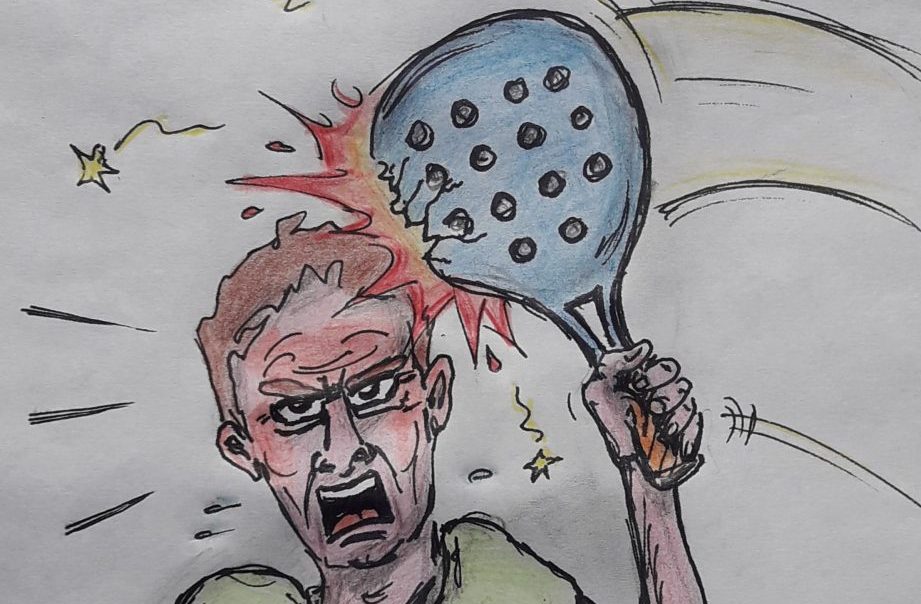 Don't play with a cracked or broken racket, your body will thank you!
Don't play with a cracked or broken racket, your body will thank you! Michel Cymes: “The padel, physically, it’s serious!”
Michel Cymes: “The padel, physically, it’s serious!”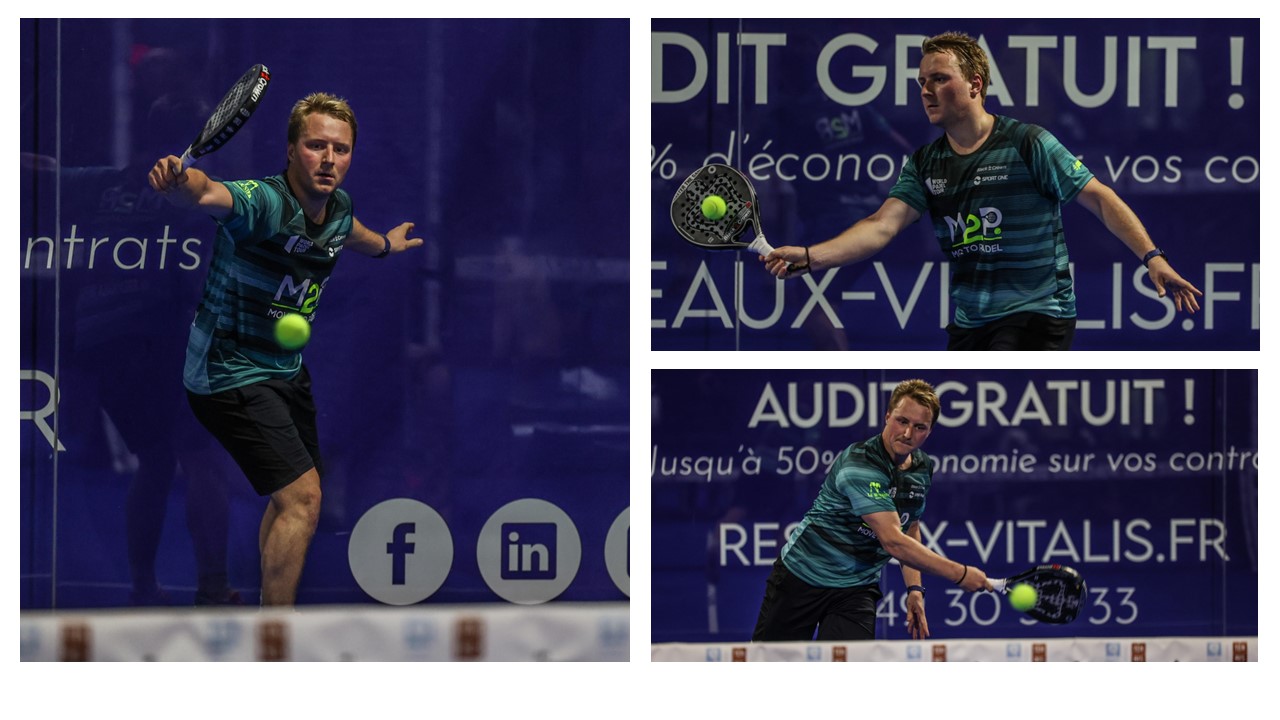 Jeremy Gala: “Promote the padel among young people in Belgium remains a challenge”
Jeremy Gala: “Promote the padel among young people in Belgium remains a challenge”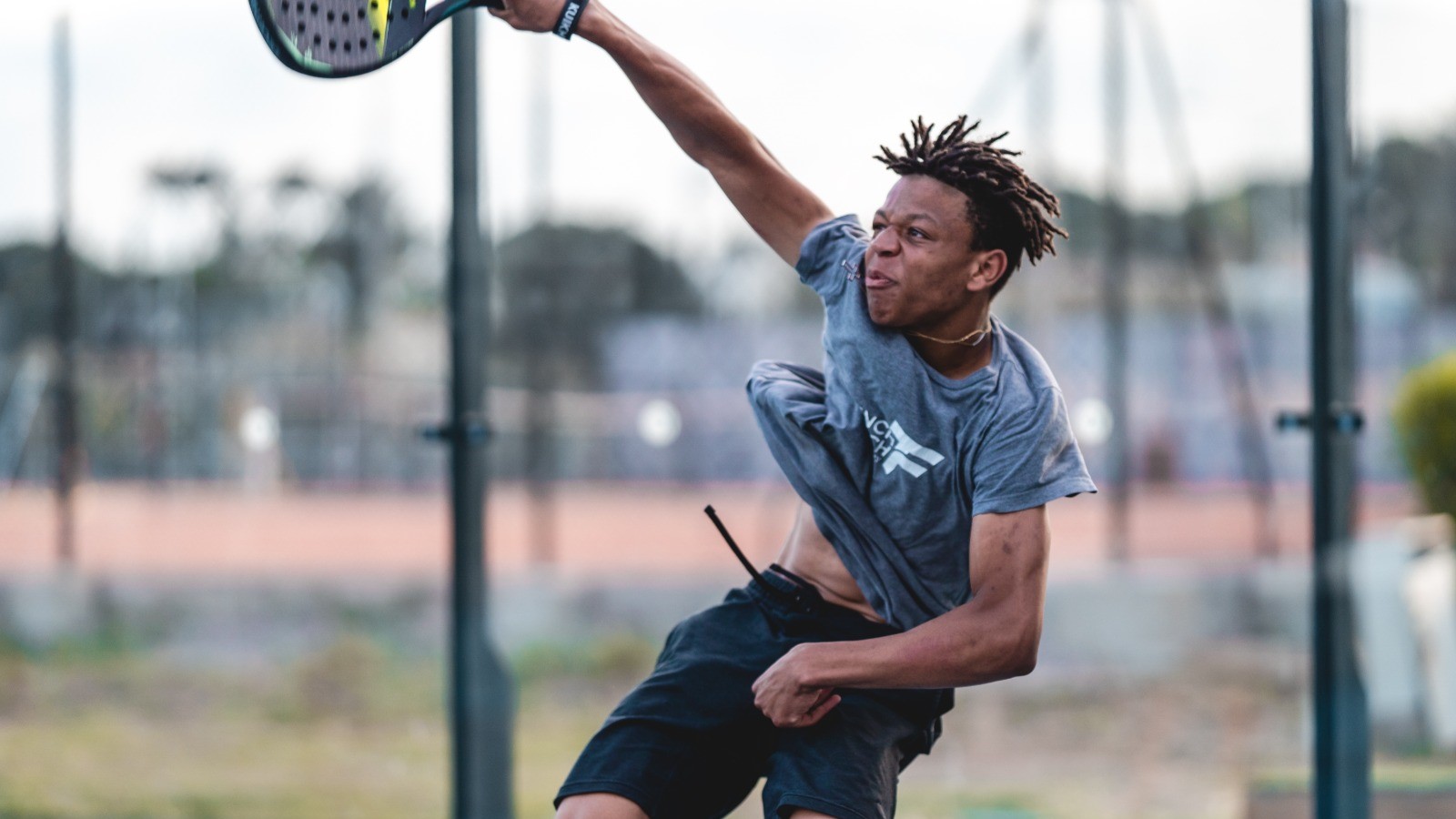 The French Touch Academy organizes its selection day Padel-Study
The French Touch Academy organizes its selection day Padel-Study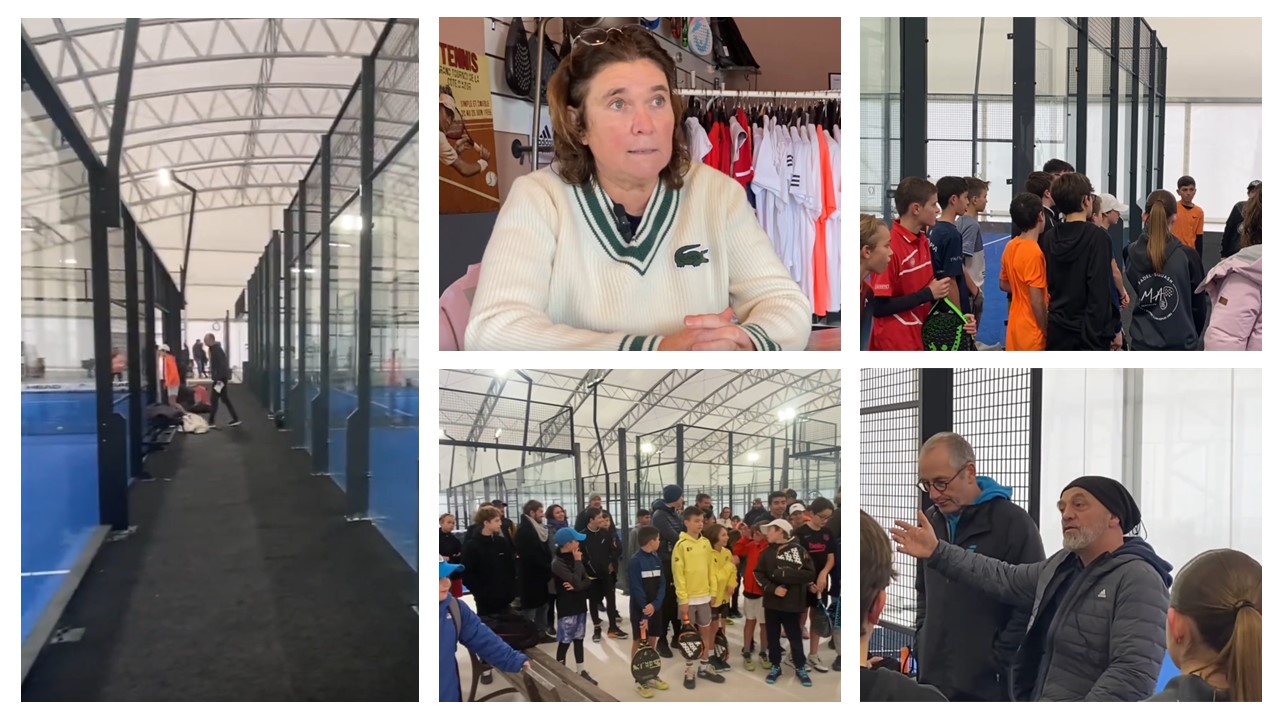 Report on the detection and training of younger generations
Report on the detection and training of younger generations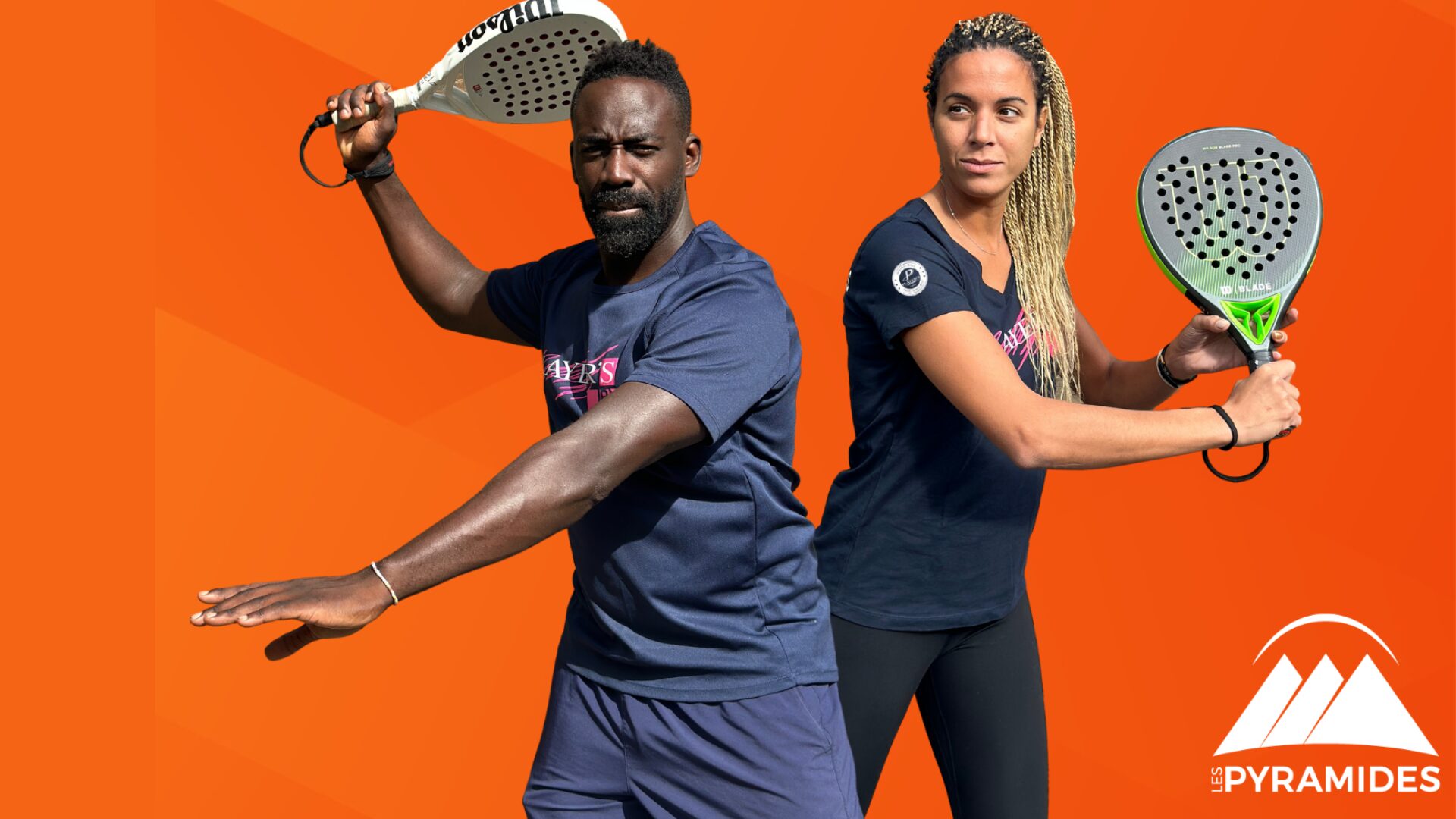 Player's adult courses from April 8 to 21, 2024!
Player's adult courses from April 8 to 21, 2024!